2026 CanCH4 Symposium Speakers – coming soon!
Meanwhile, check out the 2025 event speaker line-up:
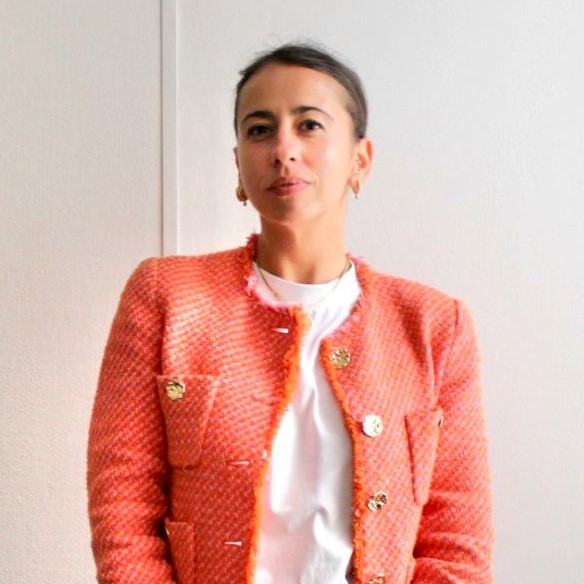 Giulia Ferrini – Keynote Speaker
Giulia Ferrini – Keynote Speaker
United Nations Environmental Programme’s International Methane Emissions Observatory (UNEP IMEO)
Giulia Ferrini has played a leading role in establishing UNEP’s International Methane Emissions Observatory. As IMEO Transparency Lead, she manages the Oil and Gas Methane Partnership 2.0., UNEP’s flagship oil and gas reporting and mitigation framework. Giulia has worked across governments, international financing institutions, the private sector and not-for-profit organisations to scale climate change solutions. With UNEP for over a decade, she previously engaged in the establishment of the UNFCCC Climate Technology Centre and Network and of the Climate and Clean Air Coalition to Reduce Short-Lived Climate Pollutants. Giulia holds a MA in International Relations from the III University of Rome and a MSc in Politics and Governments from the London School of Economics.
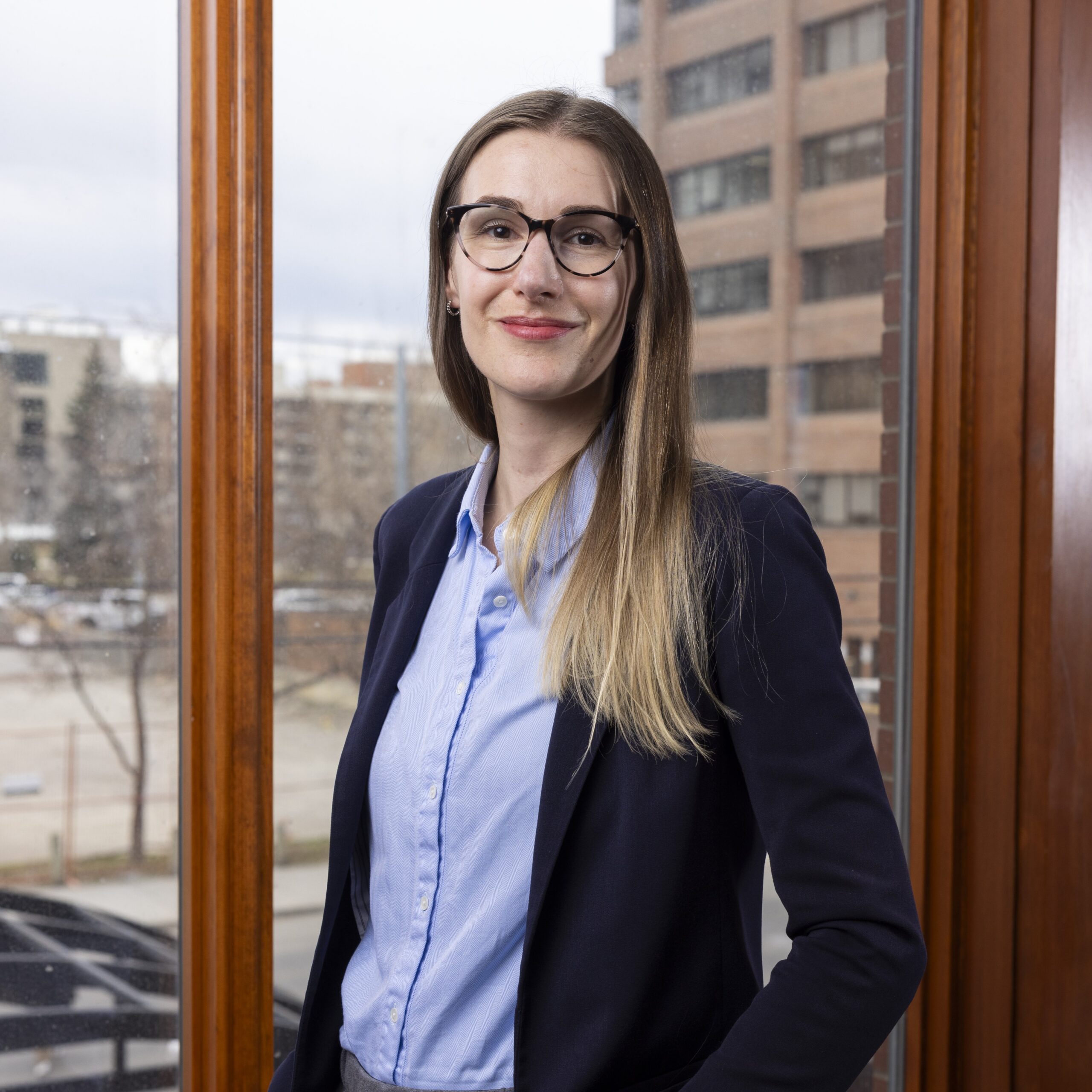 Amanda Bryant
Amanda Bryant
Pembina Institute
Amanda Bryant is a Senior Analyst with the Oil and Gas Program at the Pembina Institute, where she leads Pembina’s oil and gas methane research and advocacy. Her work focuses on staying up to date with cutting-edge scientific research and thinking through its policy implications, assessing policies across jurisdictions, advocating for strong regulations, and working with a range of stakeholders to advance the state of measurement and mitigation. Her work on methane started at St. Francis Xavier University’s FluxLab, where she brought a policy lens to the lab’s measurement research.
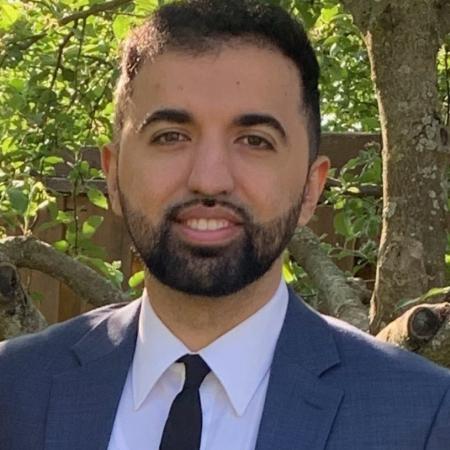 Sabour Baray
Sabour Baray
Environment and Climate Change Canada
Dr. Sabour Baray is a scientist with the Climate Research Division. His research expertise includes greenhouse gas monitoring, satellite remote sensing, field measurements, and atmospheric modeling.
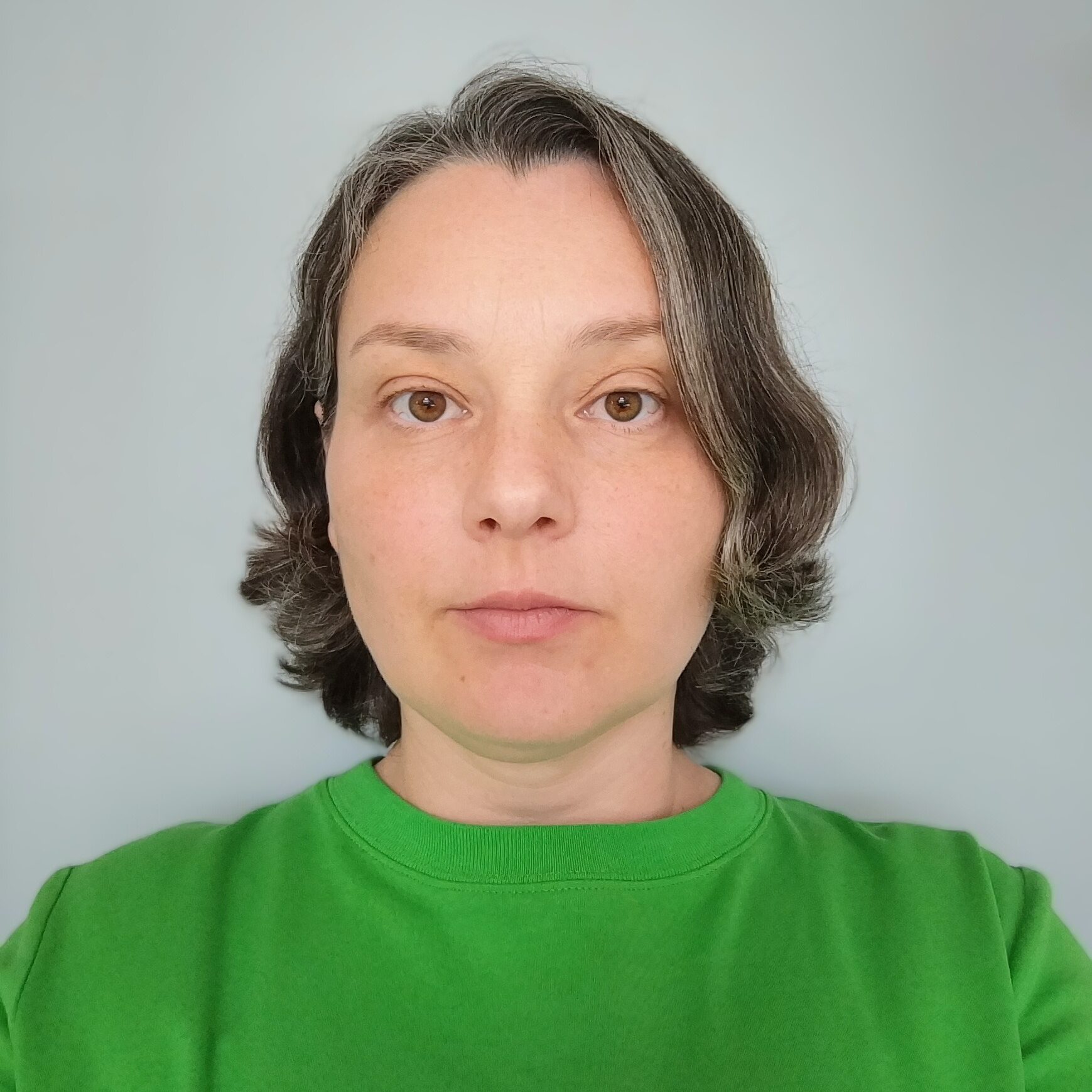 Aneta Bieniada
Aneta Bieniada
Carleton University
Dr. Aneta Bieniada holds a PhD in Environmental Management from the University of Waterloo. Her doctoral project focused on elucidating methane dynamics in restored and unrestored horticultural peatlands using an interdisciplinary experimental approach in collaboration with industrial partners in Alberta. Her ongoing research investigates methane and carbon dioxide emissions in high-latitude ecosystems and their responses to a changing climate. Most recently, Bieniada provided data collection services in the Canadian Arctic for an external client and worked as a Research Associate at Carleton University, applying expertise in methane processes to the analysis of multi-year, multi-site emission datasets from the Hudson Bay Lowlands.
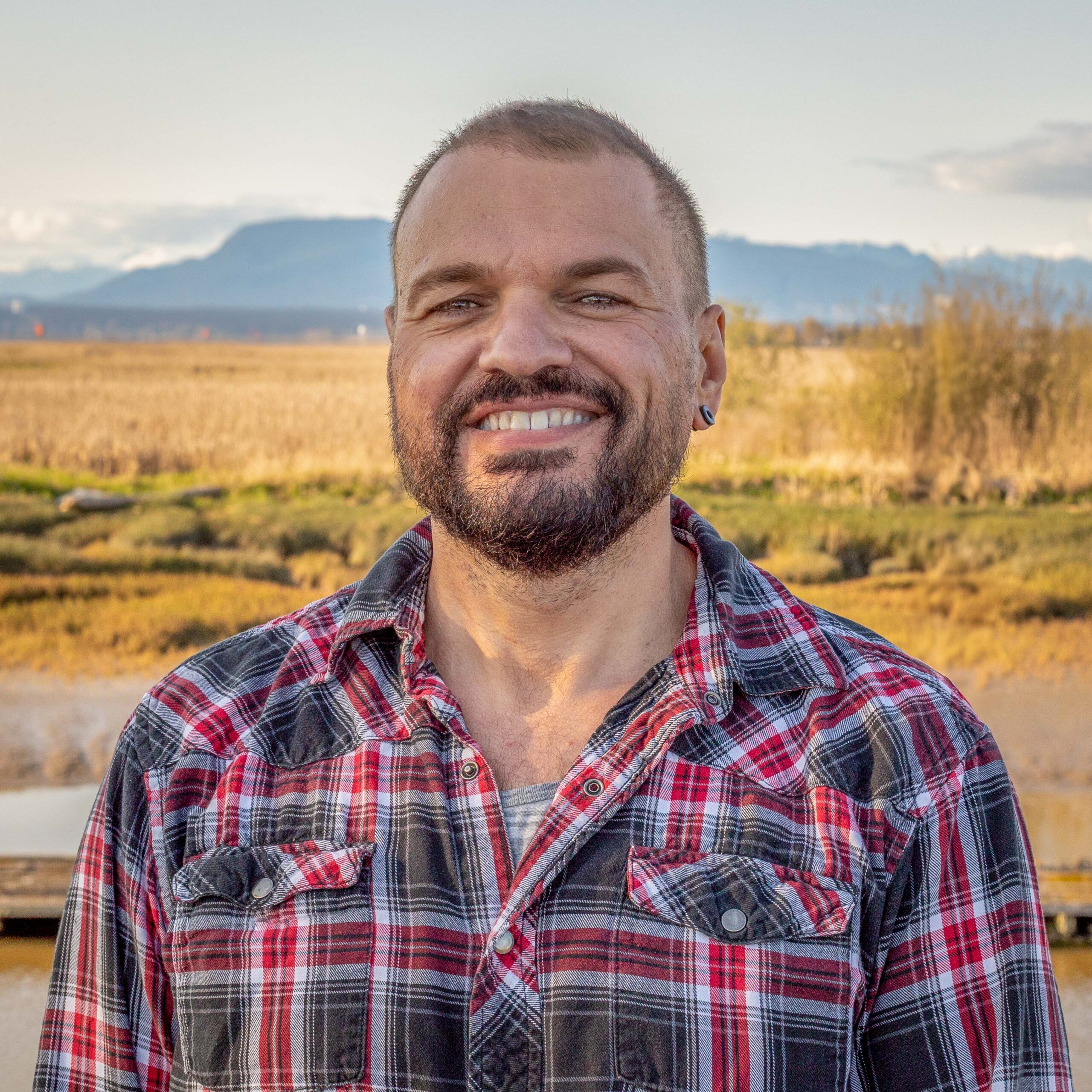 Michael Bisaga
Michael Bisaga
Peace River Area Monitoring Program
Michael Bisaga is a Technical Program Manager with the Peace River Area Monitoring Program (PRAMP) Committee and has over 20 years of experience in environmental science and air quality monitoring. His expertise includes ambient air quality, acid deposition, geospatial analysis, and community-based monitoring. He has contributed to the development and implementation of airshed monitoring strategies across Saskatchewan, Alberta, and British Columbia. Michael holds a Master’s in Geomatics for Environmental Management from the University of British Columbia and a Bachelor of Environmental Studies from the University of Waterloo. He shares the Technical Program Manager role at PRAMP with Lily Lin, and together they co-authored PRAMP’s 2025 CanCH₄ Symposium submission.
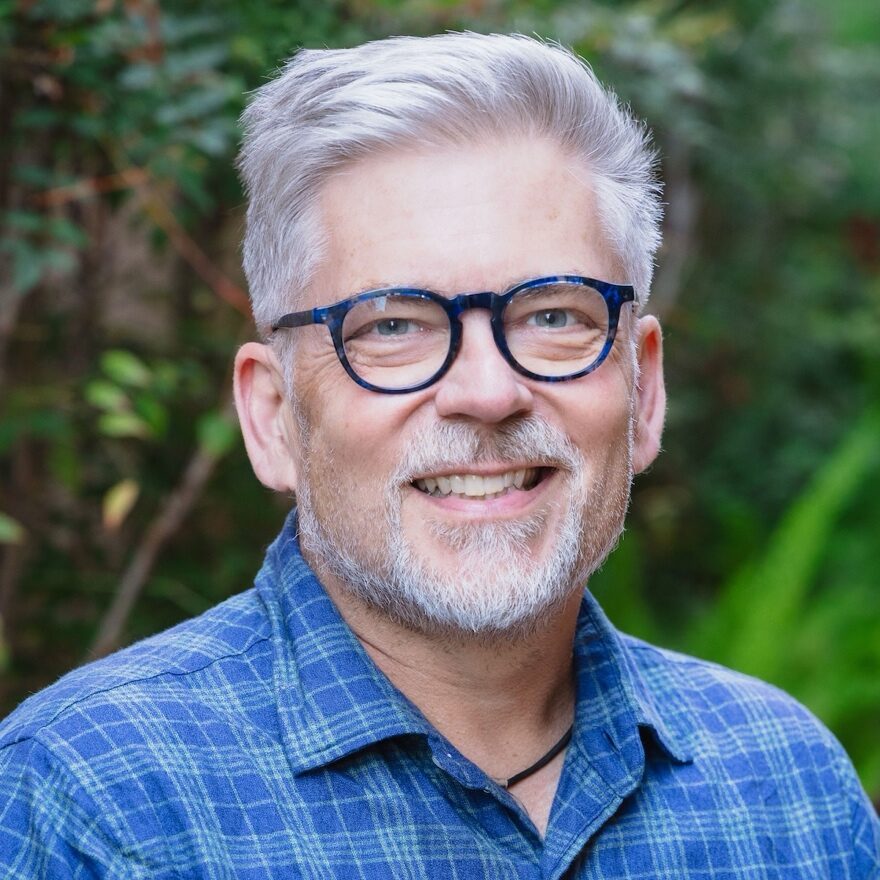 Daniel Bon
Daniel Bon
Carbon Mapper
Dr. Daniel Bon is the Program Manager for Energy and Public Health at Carbon Mapper. Prior to joining Carbon Mapper, Daniel led the Air Toxics Measurement group at the Colorado Department of Public Health and Environment where co-founded the Oil and Gas Health Information and Response Program and assembled a fleet of mobile laboratories focused on measurement of hazardous air pollutants. His graduate work focused on field quantification of volatile organic compounds using Proton Transfer Reaction Mass Spectrometry (PTR-MS) at the NOAA Earth Systems Research Laboratory. Daniel received his B.S. in Chemistry from Carleton College, an M.S. in Environmental Science from Western Washington University and a PhD in Atmospheric Chemistry from the University of Colorado Boulder.
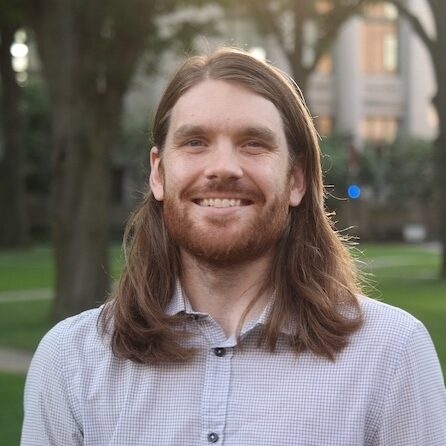 Daniel Cusworth
Daniel Cusworth
Carbon Mapper
Dr. Daniel Cusworth is the Science Director for Carbon Mapper. Carbon Mapper’s mission is to drive greenhouse gas emission reductions by making methane and carbon dioxide data accessible and actionable. Daniel oversees algorithm development, validation, analysis, and applications of airborne and satellite greenhouse gas datasets. He was formerly a Data Scientist at the NASA Jet Propulsion Laboratory and a Research Scientist at University of Arizona and worked on quantification of anthropogenic carbon dioxide and methane emissions from regional to facility scales. He received his B.S. in Applied Math/Atmospheric Sciences at UCLA and Ph.D. in Atmospheric Chemistry at Harvard University.
 Julie Doan-Prévost
Julie Doan-Prévost
Alberta Energy Regulator
Julie Doan-Prévost is an emissions specialist at the Alberta Energy Regulator’s emissions management team, focusing on data analysis and methane emissions reporting. She has been responsible for compiling and summarizing the AER’s annual methane emissions report for the past 3 years. Julie has experience in emissions management and regulatory compliance for the oil and gas industry. She holds a bachelor’s degree in chemistry and a master’s degree in environment and management.
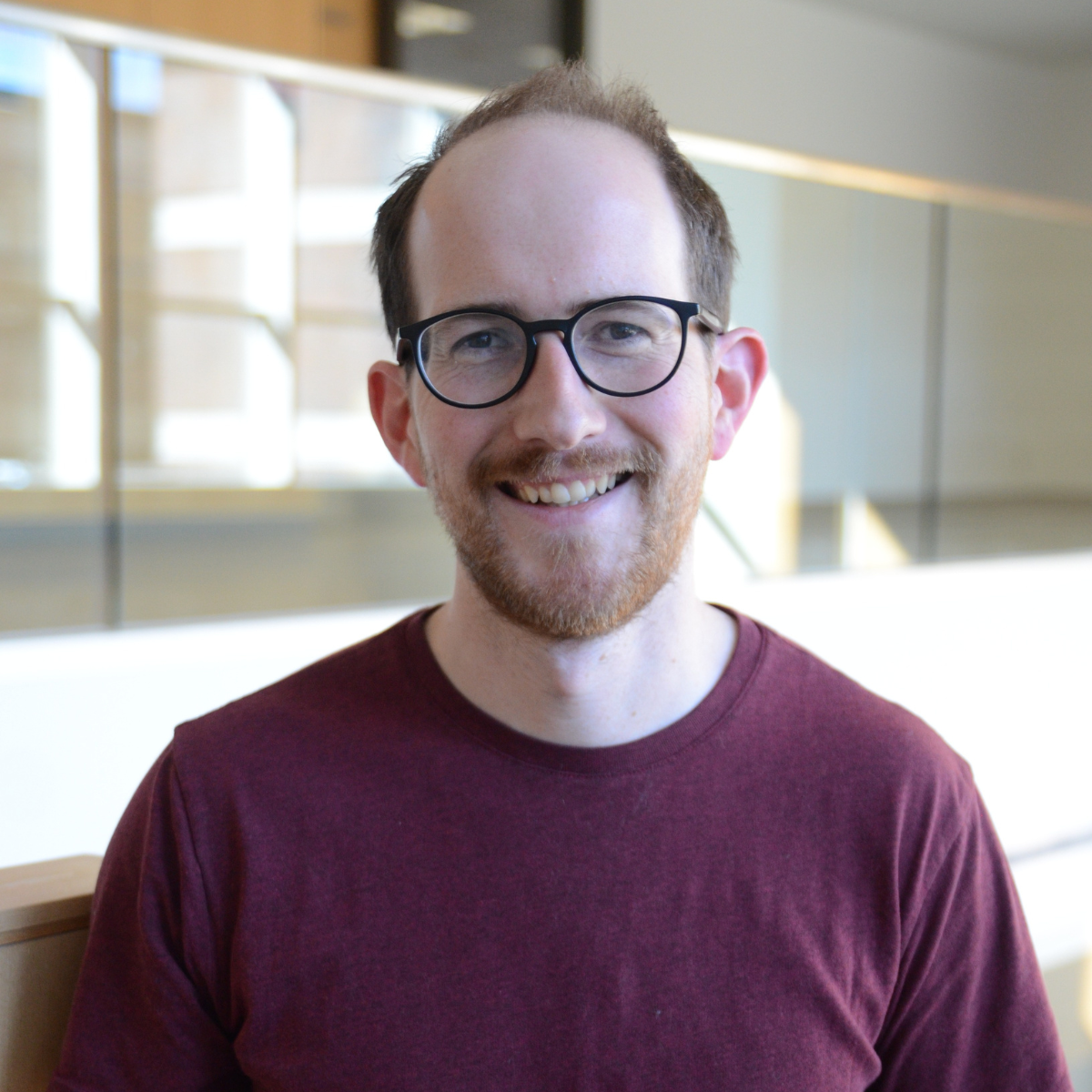 Simon Festa-Bianchet
Simon Festa-Bianchet
Energy & Emissions Research Lab., Carleton University
Dr. Simon Festa-Bianchet is Postdoctoral Researcher within the Energy and Emissions Research Laboratory with an interest in developing and implementing technologies for the continuous monitoring of emissions from the upstream oil & gas industry. His thesis work has concentrated on the development of an optical sensor, called the “VentX”, which can simultaneously measure the volume fraction and flow rate of methane, an important greenhouse gas. This sensor has been successfully deployed at multiple production sites in both Alberta and Saskatchewan, where it was used to quantify both casing gas and storage tank vents. Prior to joining the EERL Simon completed his Bachelor of Engineering at McGill University.
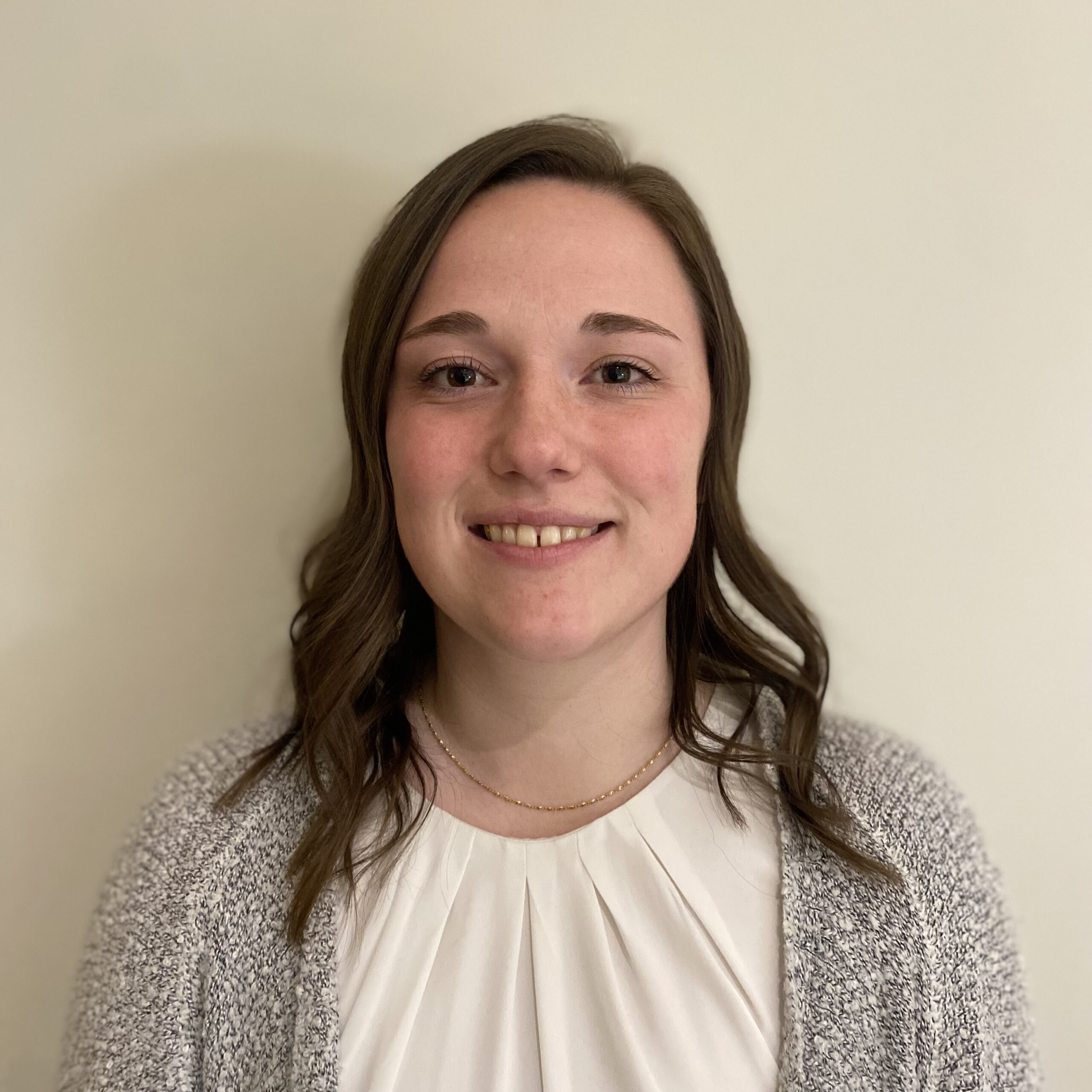 Alanna Friesen
Alanna Friesen
Apis Innovation
Alanna Friesen is a Landfill Gas Data Analyst at Apis Innovation, where she specializes in leveraging real-time data and advanced analytics to optimize landfill gas recovery and improve operational efficiency. With over six years of experience as a landfill gas technician, Alanna brings a wealth of hands-on expertise in gas monitoring, compliance, and system optimization. At Apis, Alanna combines her technical background with innovative technologies to support clients in maximizing methane capture and achieving sustainability goals.
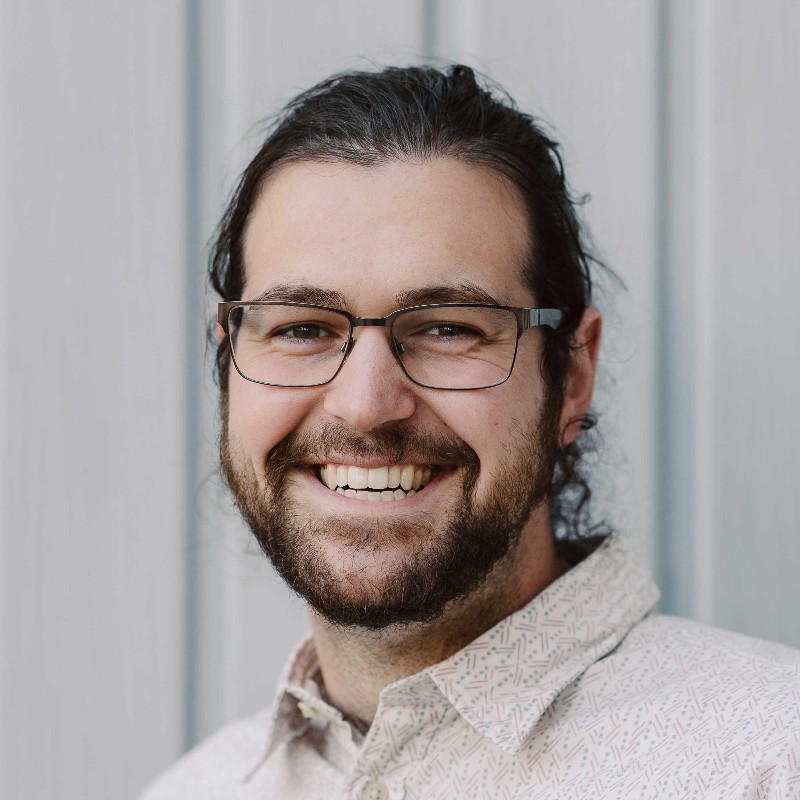 Lawson Gillespie
Lawson Gillespie
University of Toronto / Environment and Climate Change Canada
Lawson Gillespie is a PhD student studying atmospheric physics the University of Toronto under Prof. Debra Wunch. He also works as a student research affiliate for the subnational greenhouse gas monitoring team at Environment Climate Change Canada with Dr. Felix Vogel. His research focus is measuring methane emissions from the urban environment by developing, testing, and implementing new emissions quantification strategies. Recently, his work has centered on landfill methane emissions, and evaluating different methodologies and technologies for quantifying those emissions.
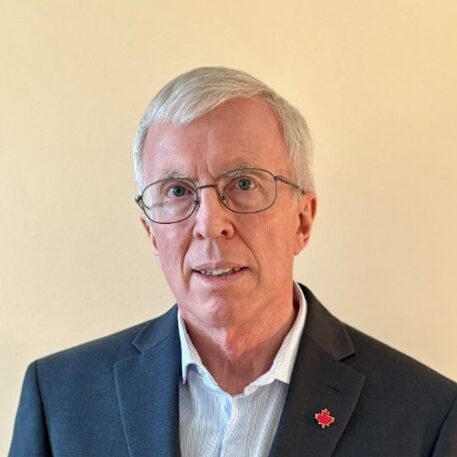 Marc Godin
Marc Godin
Petroleum Technology Alliance Canada
Marc Godin is a professional engineer and has an MBA. He is a Chief Technology Officer at Petroleum Technology Alliance Canada and has +35 years of industry experience. He develops and manages projects, focusing on innovation, technology development and commercialization, R&D strategy, management, and funding.
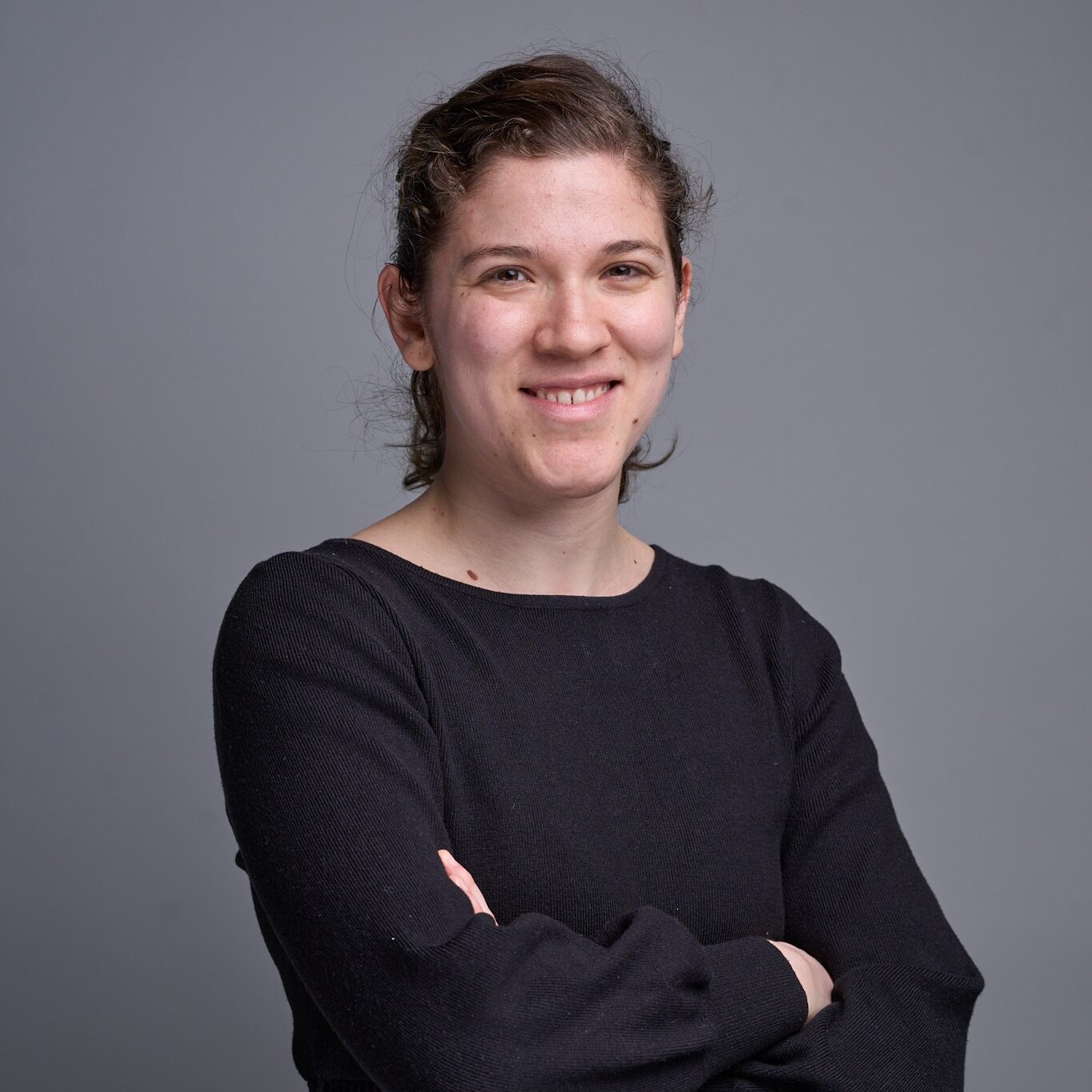 Regina Gonzalez Moguel
Regina Gonzalez Moguel
McGill University
Dr. Regina Gonzalez Moguel is a postdoctoral researcher at McGill University specializing in urban methane and carbon dioxide emissions. Her work combines isotopic analysis, mobile monitoring, and statistical modeling to identify and quantify urban methane sources. She holds a Ph.D. in Earth and Planetary Sciences from McGill University and a B.Sc. in Chemical Engineering from UNAM, Mexico.
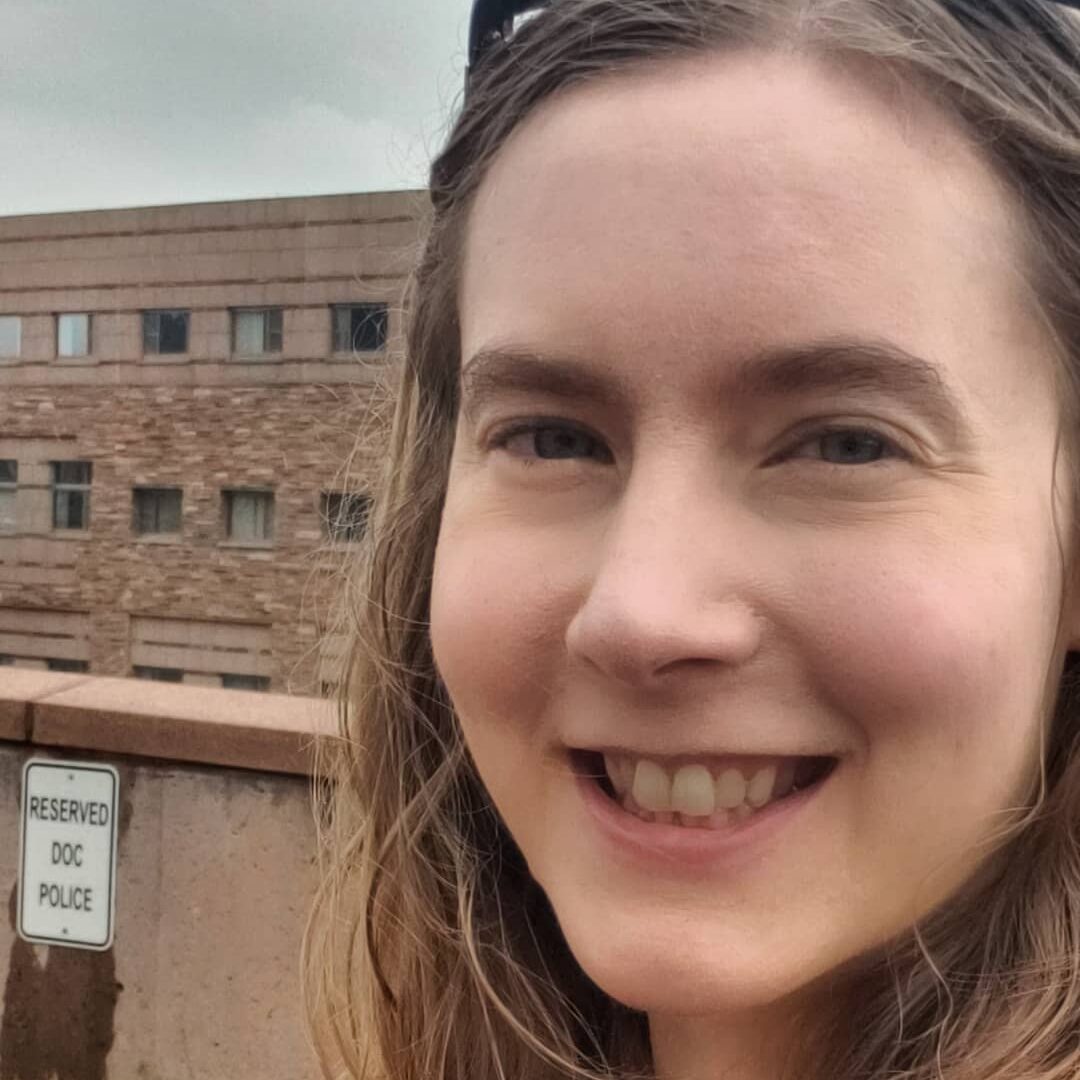 Anna Hodshire – Symposium Moderator
Anna Hodshire – Symposium Moderator
Energy Institute, Colorado State University
Dr. Anna Hodshire is a Research Scientist at the Energy Institute at Colorado State University (CSU) and incoming Associate Professor in CSU’s Systems Engineering Department. She leads the modeling group at the Methane Emissions Technologies Evaluation Center (METEC), currently focused on developing verifiable measurement-informed inventories and working on top down/bottom up reconciliation. As a part of this, she coordinates field campaigns for top down/bottom down surveys and basin-wide surveys of oil and gas emissions of methane. She also helps coordinate graduate student onboarding and recruitment efforts for METEC. Her research interests are broadly on pollution emission and dispersion, air quality, climate
change, and the intersection of health among all these topics. Prior to joining METEC, Hodshire worked at small companies focused on measuring properties of atmospheric aerosols for health and climate applications. Hodshire holds a Ph.D. and M.S. in Atmospheric Science from Colorado State University.
 Rafee Hossain
Rafee Hossain
FluxLab, St. Francis Xavier University
Rafee Hossain is a research engineer with a background in chemistry and chemical engineering. His work at FluxLab focuses on designing experiments for SIMFLEX (Simulation and Measurement Facility for Landfill Emission Experiments) and providing logistical support for controlled methane release studies. Rafee is also pursuing his Master of Science degree where he investigates the efficacy of landfill methane measurement technologies ranging from truck based to aerial/satellite-based methodologies.
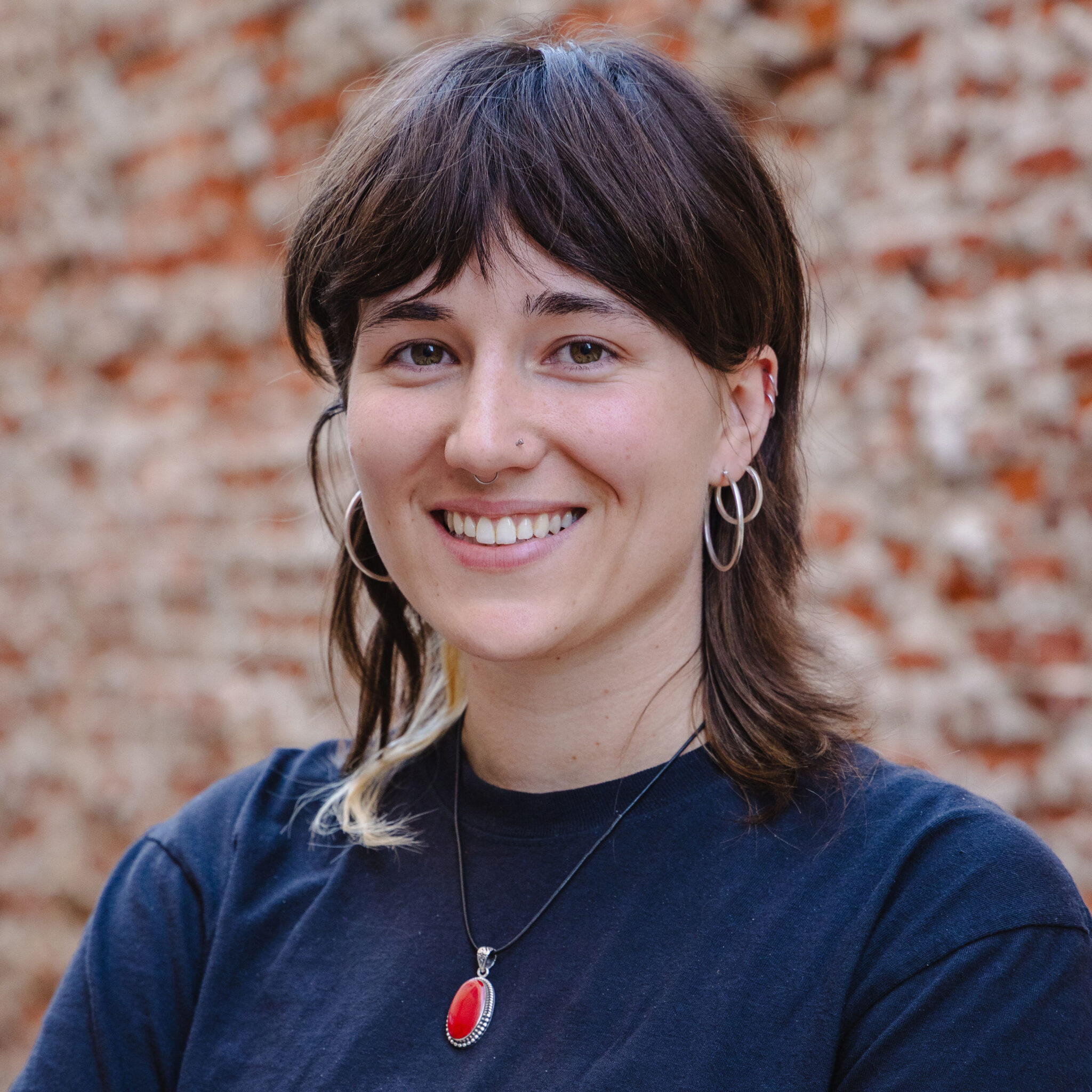 Kate Howell
Kate Howell
Carbon Mapper
Kate Howell is a research analyst at Carbon Mapper. She supports algorithm development to quantify methane emissions from imaging spectrometers and conducts analyses that use these datasets. Most recently, her work has been focused on landfill methane emissions.
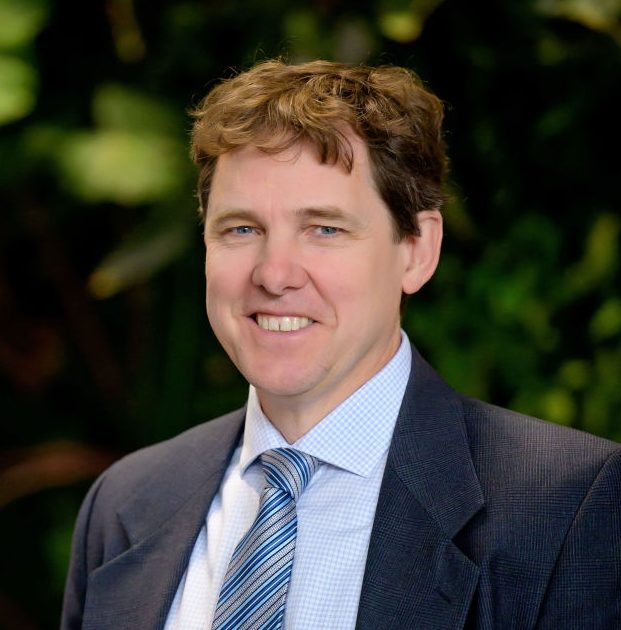 Matthew Johnson
Matthew Johnson
Energy & Emissions Research Lab., Carleton University
Dr. Matthew Johnson is a Professor of Mechanical and Aerospace Engineering at Carleton University in Ottawa, Canada, and Scientific Director of the Energy & Emissions Research Laboratory (EERL). A two-time winner of the Natural Sciences and Engineering Research Council’s (NSERC) prestigious accelerator award, Matt has worked extensively to translate peer-reviewed research results into practice. His EERL combines advanced experimentation, simulation, and statistical analysis in both large-scale controlled lab experiments and field work and employs a suite of advanced optical diagnostics, analytic tools, and experimental capabilities this is unparalleled in Canada. As of 2023, EERL has successfully completed field measurement studies on four continents with research contributions that include national-scale aerial methane surveys, comprehensive protocols for creating measurement-based inventories, novel “VentX” technology for quantifying unsteady methane flows, “sky-LOSA” technology for measuring black carbon emissions from flares, techno-economic analysis of methane mitigation potential, and quantitative analysis of regulatory equivalency. His work is cited in Canada’s National Inventory Report, incorporated in provincial and federal standards and regulations, and regularly cited in international methane and black carbon mitigation efforts.
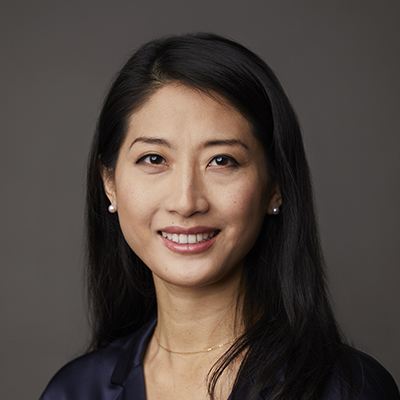 Mary Kang
Mary Kang
McGill University
Dr. Mary Kang is an associate professor in the Department of Civil Engineering at McGill University. Her laboratory at McGill (Subsurface Hydrology and Environmental Analysis Laboratory, SHEAL) studies energy transition, climate and environmental impacts of energy systems, and subsurface hydrology. Her current projects are on characterization and mitigation of methane emissions from oil and gas wells and urban infrastructure with field measurement campaigns in North America (Canada and United States), Europe, and South America. Since 2024, she is a visiting professor in Environmental Meteorology at the University of Freiburg and in Environmental Sensing and Modeling at the Technical University of Munich. Previously, she was a postdoctoral fellow in the Earth System Science department at Stanford University. She received a Ph.D. in Civil and Environmental Engineering from Princeton University, a Science, Technology, and Environmental Policy certificate from the Princeton School of Public and International Affairs, and a M.A.Sc. and a B.A.Sc. in Civil Engineering from the University of Waterloo. Between her time at Waterloo and Princeton, she worked as an environmental engineering consultant based in Reston, Virginia.
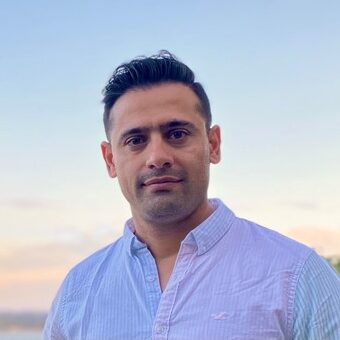 Sina Kiaei
Sina Kiaei
GeoSensorWeb Lab, University of Calgary
Sina Kiaei is a PhD student in the Department of Geomatics Engineering at the University of Calgary and a researcher at the GeoSensorWeb Lab. His work focuses on developing and applying sensor technologies for methane emissions detection. Sina’s research combines atmospheric modeling, field measurements, and geospatial data analysis to enhance the detection and quantification of methane emissions. He actively collaborates with industry partners to tackle emissions data management and reporting challenges, supporting regulatory compliance through effective, real-world solutions.
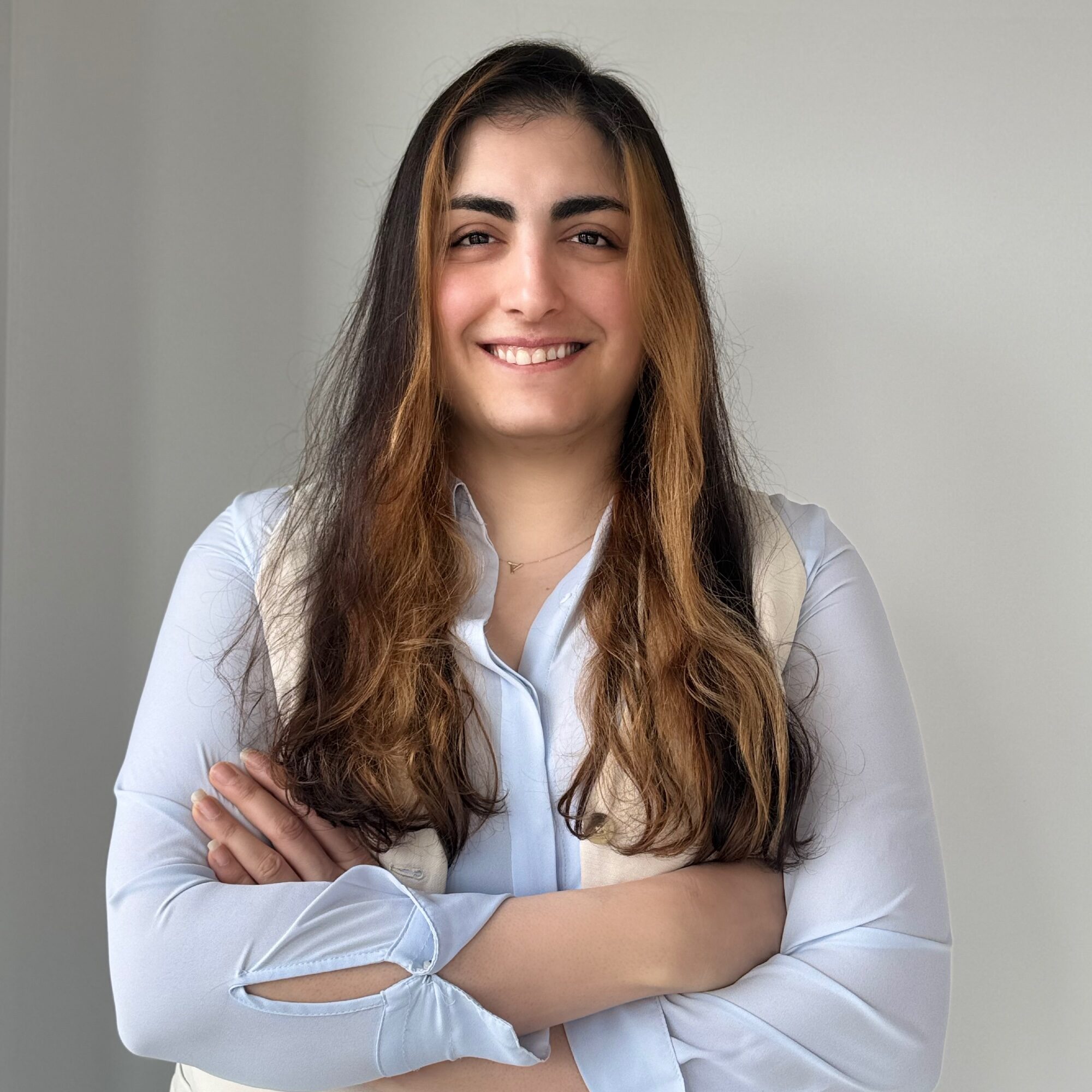 Afshan Khaleghi
Afshan Khaleghi
FluxLab, St. Francis Xavier University
Afshan Khaleghi is a Research Assistant at Saint Francis Xavier University and is completing her PhD in Engineering (Oil and Gas) at Memorial University of Newfoundland as part of FluxLab. Her research focuses on quantifying and mapping methane emissions from diverse sources, including oil and gas facilities, landfills, wetlands, agricultural operations, and urban areas. She specializes in mobile measurement surveys and applies advanced techniques such as Lagrangian back-trajectory modeling and mass balance methods to detect, localize, and quantify emission hotspots with high spatial resolution. As a data analyst, Afshan develops and improves methodologies that integrate geospatial mapping, environmental modeling, and statistical analysis.
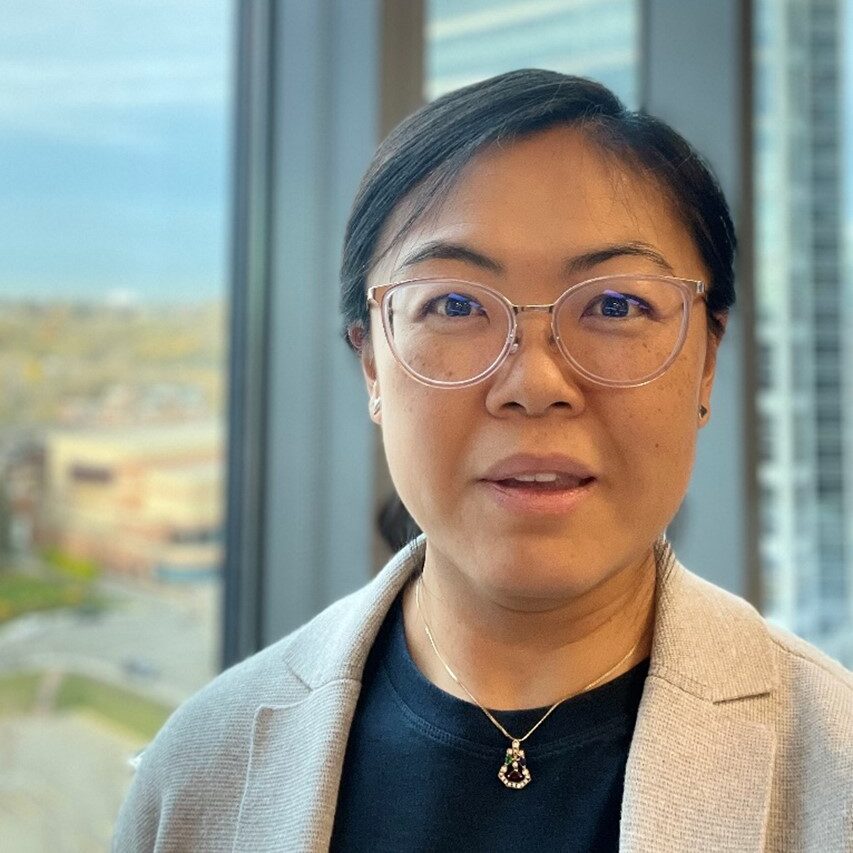 Christina Ma
Christina Ma
Alberta Energy Regulator
Christina Ma is a Senior Emissions Specialist at the Alberta Energy Regulator (AER). Within the AER’s Emissions Management team, she provides technical expertise on air emissions regulatory frameworks, with a particular focus on methane. Her current work encompasses areas such as surface casing vent flow, unlit flares, glycol dehydrators, and investigating methane slip from flares and catadyne heaters. With over a decade of experience in the oil and gas industry, Christina has dedicated much of her career to emissions and environmental management. She has successfully built and led portfolios centered on regulatory and reporting requirements, and has strategized and implemented projects aimed at emissions reduction and carbon credits. Before transitioning to the energy sector, Christina spent more than ten years in the healthcare industry, specializing in clinical research and data management. During this time, she gained comprehensive experience in data collection and analysis, working closely with both data collectors and users to develop a deep understanding of the entire data lifecycle. Her clinical research work included designing and managing studies, coordinating multi-center trials, ensuring data integrity, ensuring compliance with regulatory standards, and collaborating with medical professionals to advance patient care.
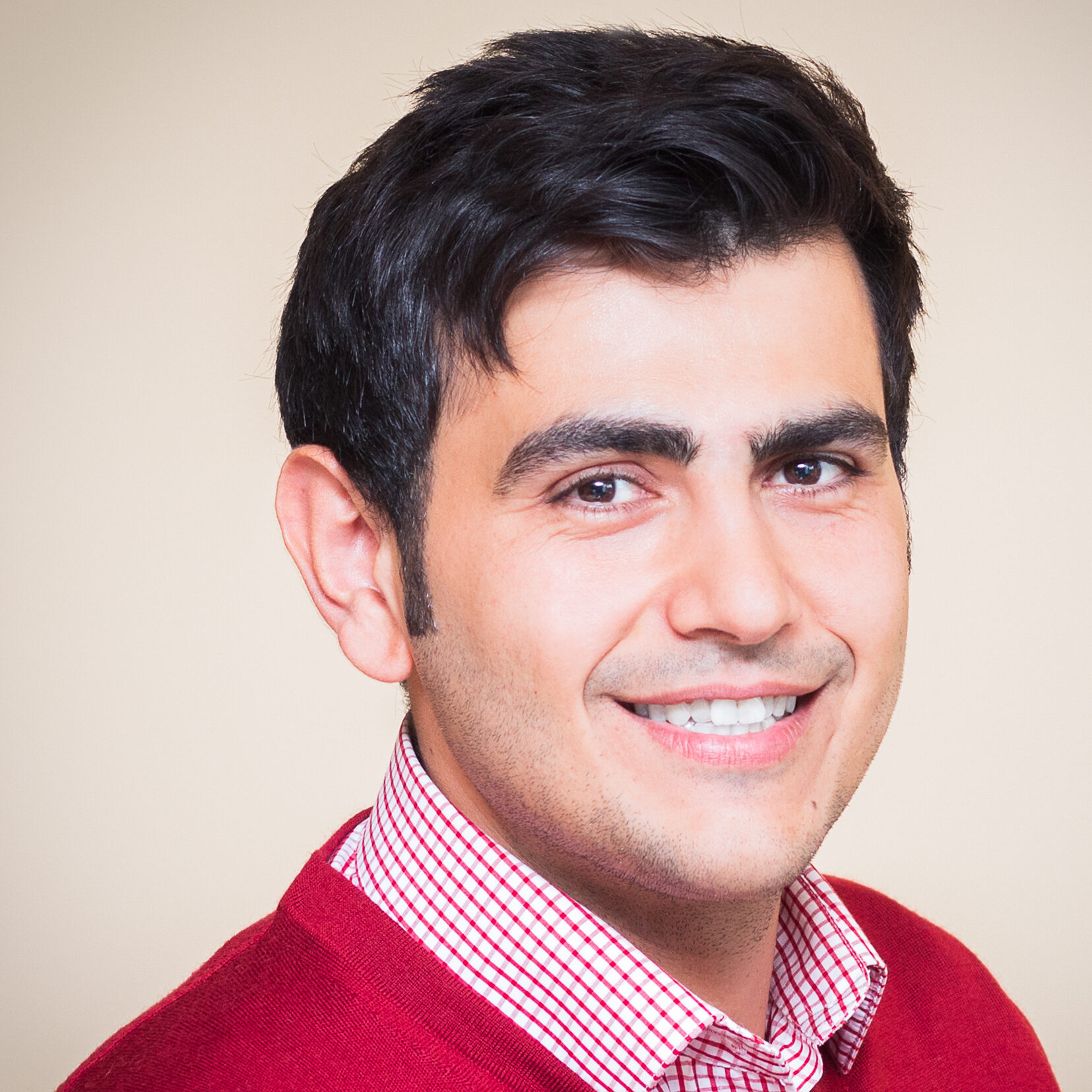 Masoud Mahdianpari
Masoud Mahdianpari
C-CORE / Memorial University of Newfoundland
Dr Masoud Mahdianpari is Principal AI Scientist at C-CORE and a Professor at Memorial University, where he leads a multidisciplinary team of scientists and engineers advancing the applications of Artificial Intelligence and Satellite Earth Observation. His work focuses on critical areas such as landscape mapping and greenhouse gas (GHG) emission monitoring. Among his notable achievements, he produced Canada’s first national wetland inventory map at 10-meter resolution, leveraging cutting-edge machine learning and cloud computing technologies. With over 170 scholarly publications, his research has garnered widespread recognition across academic and industry circles. In 2023 and 2024, Masoud was ranked among the top 1% of scientists worldwide by Stanford University and Elsevier, reflecting his global impact in AI and remote sensing. He currently leads several ESA and CSA projects, including an ESA Carbon Cluster project investigating the role of Arctic wetlands and lakes in methane emissions.
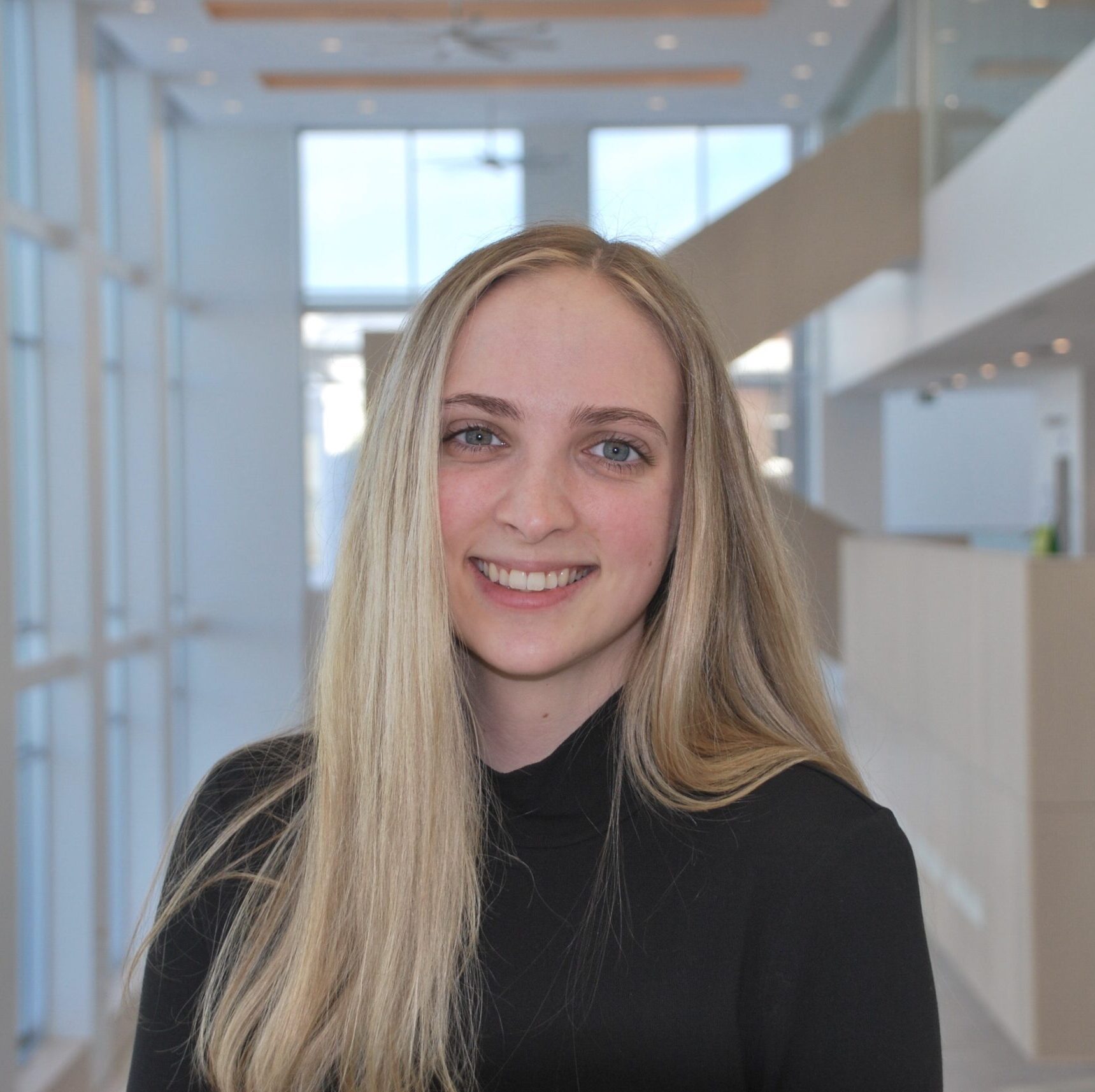 Rebecca Martino
Rebecca Martino
Fluxlab, St. Francis Xavier University
Rebecca Martino is a civil engineering PhD student in the Fluxlab at St. Francis Xavier University. Her research focuses on greenhouse gas emissions from Canadian landfills and the optimization of Canadian inventory landfill gas estimation models. She was involved in a large-scale landfill measurement campaign where she integrated measurements for inventory validation. Her work directly informs policies relating to landfill practices and emissions in Canada.
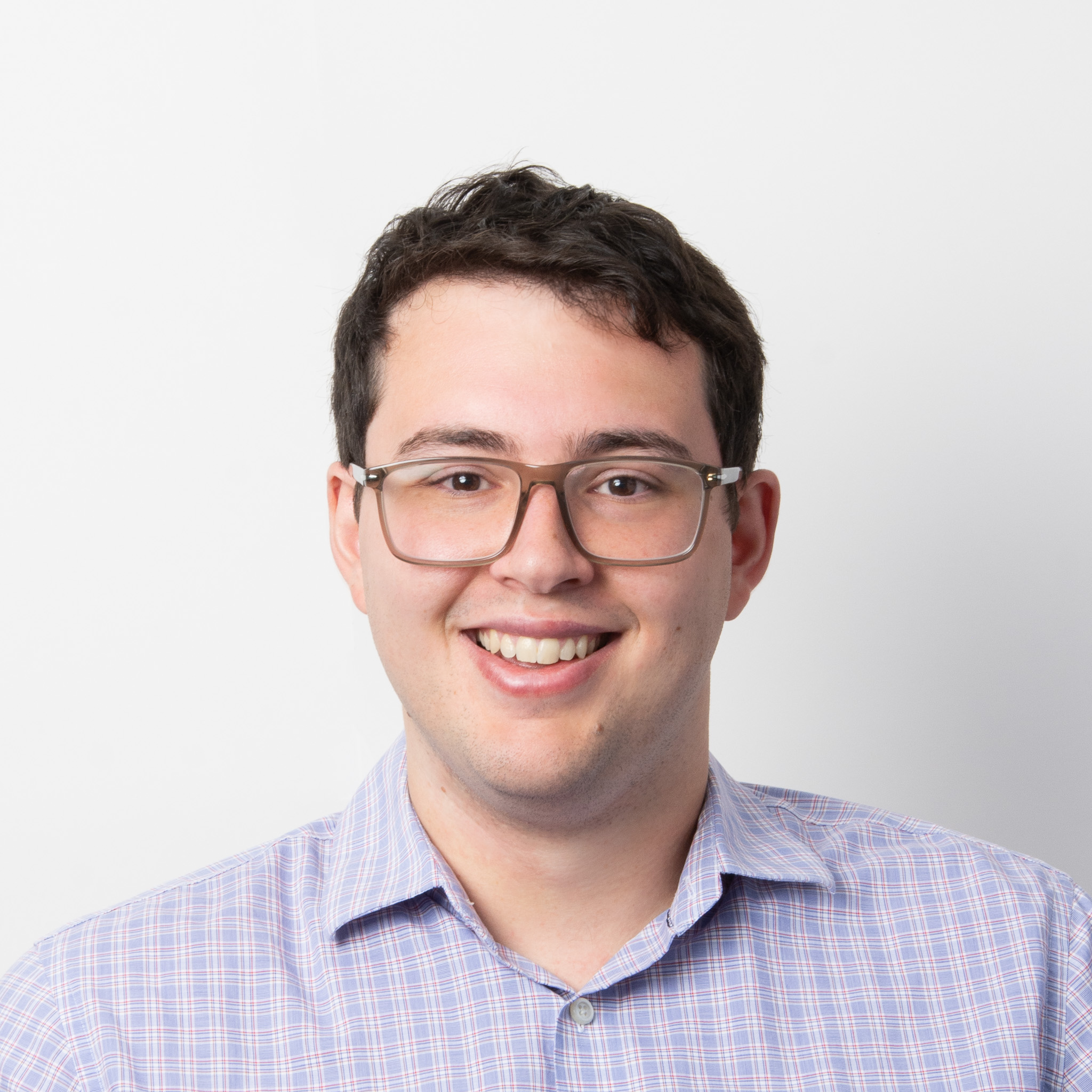 Gabriel Mathias
Gabriel Mathias
Process Ecology
Gabriel Mathias is an engineer and software developer with a background in chemical and software engineering. At Process Ecology, he focuses on developing advanced tools for emissions tracking and process optimization in the oil and gas industry. He is the lead developer of RTGHG, a real-time greenhouse gas monitoring system that integrates first-principles modeling with SCADA data to improve regulatory compliance and operational efficiency.
 Jason McKeever
Jason McKeever
GHGSat, Inc.
Dr. Jason McKeever is Science and Systems Lead for GHGSat. He is one of the named inventors of the wide-angle Fabry-Pérot (WAF-P) imaging spectrometer – the primary instrument in GHGSat’s constellation of methane sensing satellites. He has more than 20 years of post-doctoral and industry experience in spectrometry and experimental physics. Since 2010, his focus has been on the development of trace gas detectors, first with in situ analyzers, and now with GHGSat’s spectrometers for remote sensing from satellites and aircraft. Jason has a Ph.D. in Physics from the California Institute of Technology and a B.Sc. in Physics from the University of Toronto.
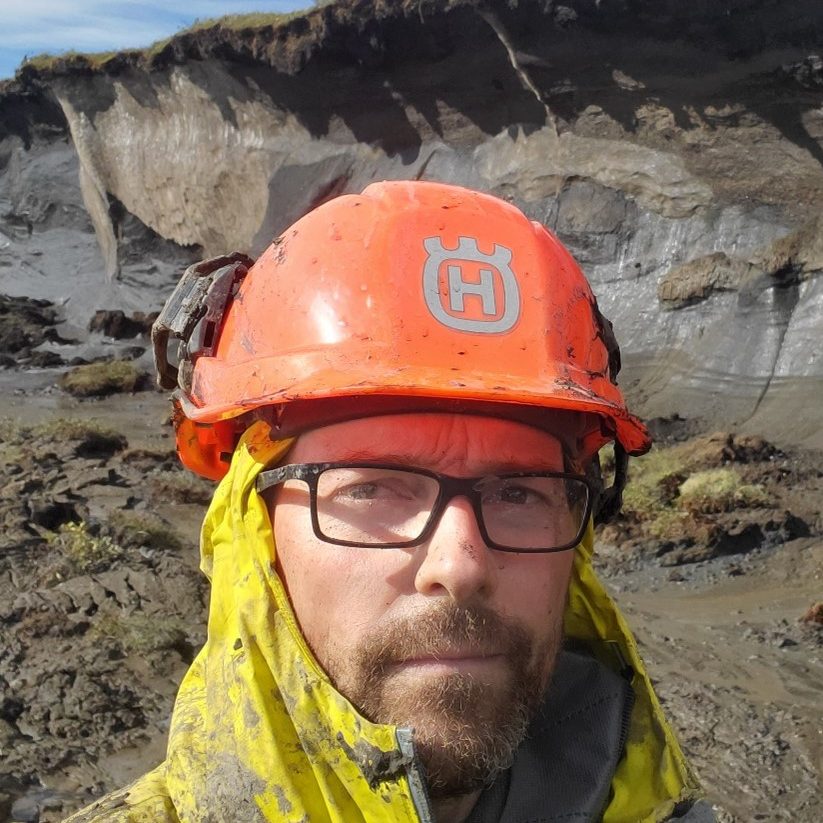 Peter Morse
Peter Morse
Natural Resources Canada
Dr. Peter Morse is a permafrost expert at Natural Resources Canada’s Geological Survey of Canada. He leads a multi-disciplinary team to evaluate the geological influences on methane emissions from western Canadian Arctic permafrost, where there are a variety of geological settings with varied permafrost conditions. Their aim is to fill some of the major the knowledge gaps on permafrost-methane processes needed to reduce uncertainty and constrain estimates of GHG budgets and emissions trajectories from permafrost regions better. To do this the team is developing new technologies and approaches to detect and characterize methane emissions from natural sources, several of which may be portable to other industry sectors. Their goals are to quantify fluxes from two natural sources (thermogenic vs. biogenic), determine the influence of regional geological history on spatial variation, and examine the role of permafrost degradation on the temporal dynamics of biogeochemical cycles.
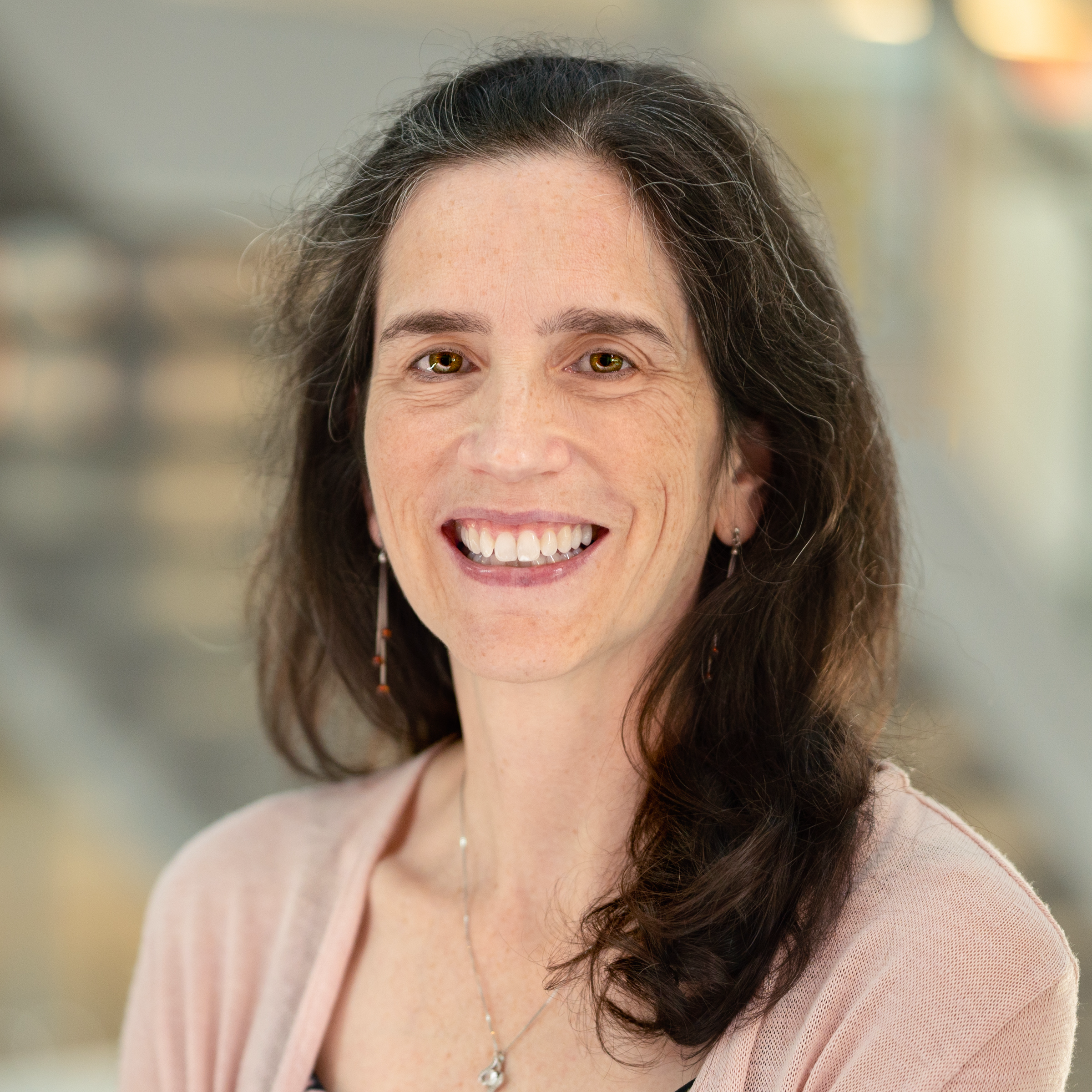 Christiane Lemieux
Christiane Lemieux
University of Waterloo
Dr. Christiane Lemieux is a Professor in the Department of Statistics and Actuarial Science at the University of Waterloo, which she joined in 2006. She obtained a PhD in Computer Science from Université de Montréal in 2000. Her main research area is quasi-Monte Carlo methods, which can be seen as a deterministic version of the Monte Carlo method for multidimensional integration and simulation. She is interested both in constructions of low-discrepancy point sets that can be used for quasi-Monte Carlo methods, and in applications of these methods within a variety of computational problems. More recently, she was worked on sampling problems at the intersection of quasi-Monte Carlo and machine learning, and on applications in methane emissions management.
 Erin Li
Erin Li
University of Calgary
Dr. Erin Li is a postdoctoral associate in the Geo Sensor Web Lab at the Schulich School of Engineering, University of Calgary. Her research centers on discrete global grids, spatial data science, and geospatial AI. She is currently focused on using Discrete Global Grid Systems to enhance the quality of gridded methane emission inventories in the oil and gas sector. Erin holds a Ph.D. in Geomatics Engineering from the University of Calgary and an M.Sc. in Forestry from the University of New Brunswick.
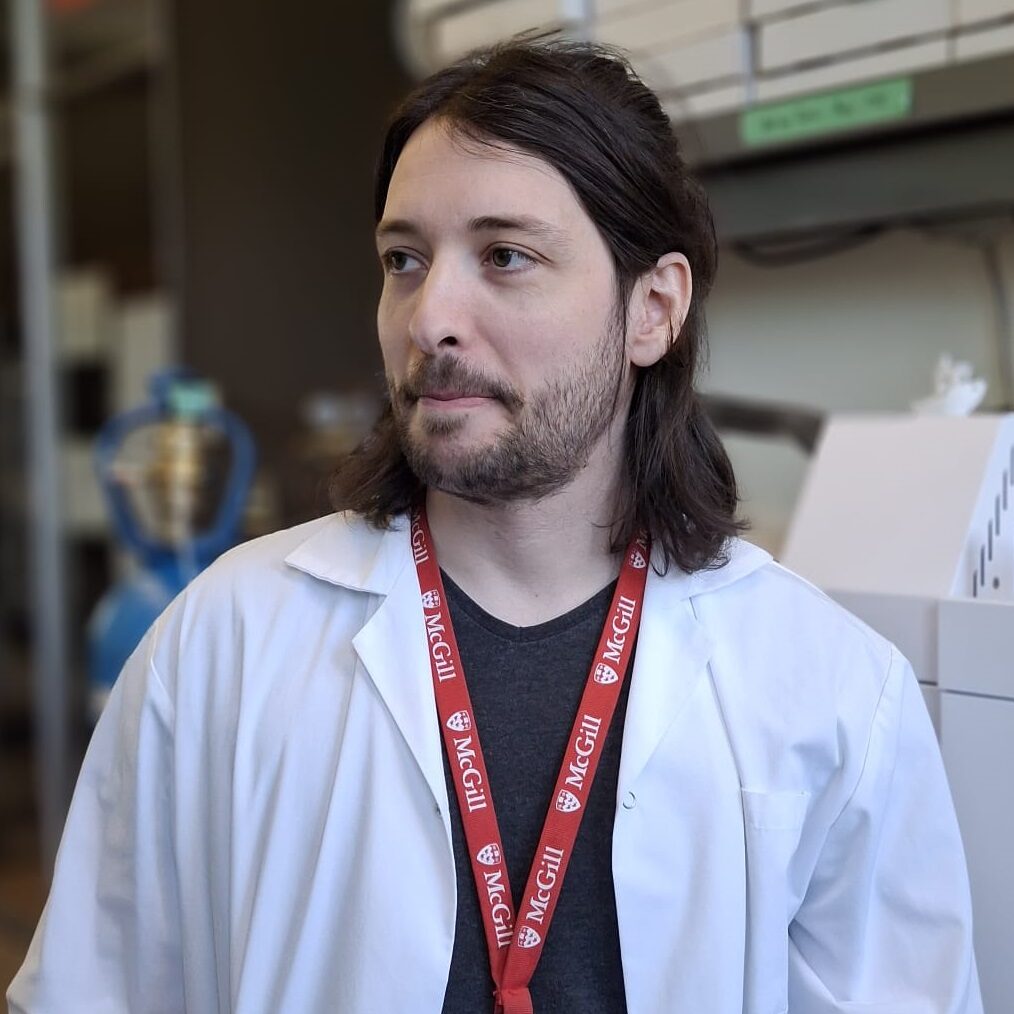 Gianni Micucci
Gianni Micucci
McGill University
Dr. Gianni Micucci is a French biogeochemist specialized in the use of isotopes as tracers of environmental transformations. He completed a PhD at the University of Birmingham (UK), where he studied the conversion of nitrogen fertilizer into nitrous oxide in agricultural systems. Currently, Dr. Micucci is pursuing a postdoctoral position at McGill University under the supervision of Prof. Mary Kang, where he investigates the origins and impacts of methane emissions from non-producing oil and gas wells in Canada.
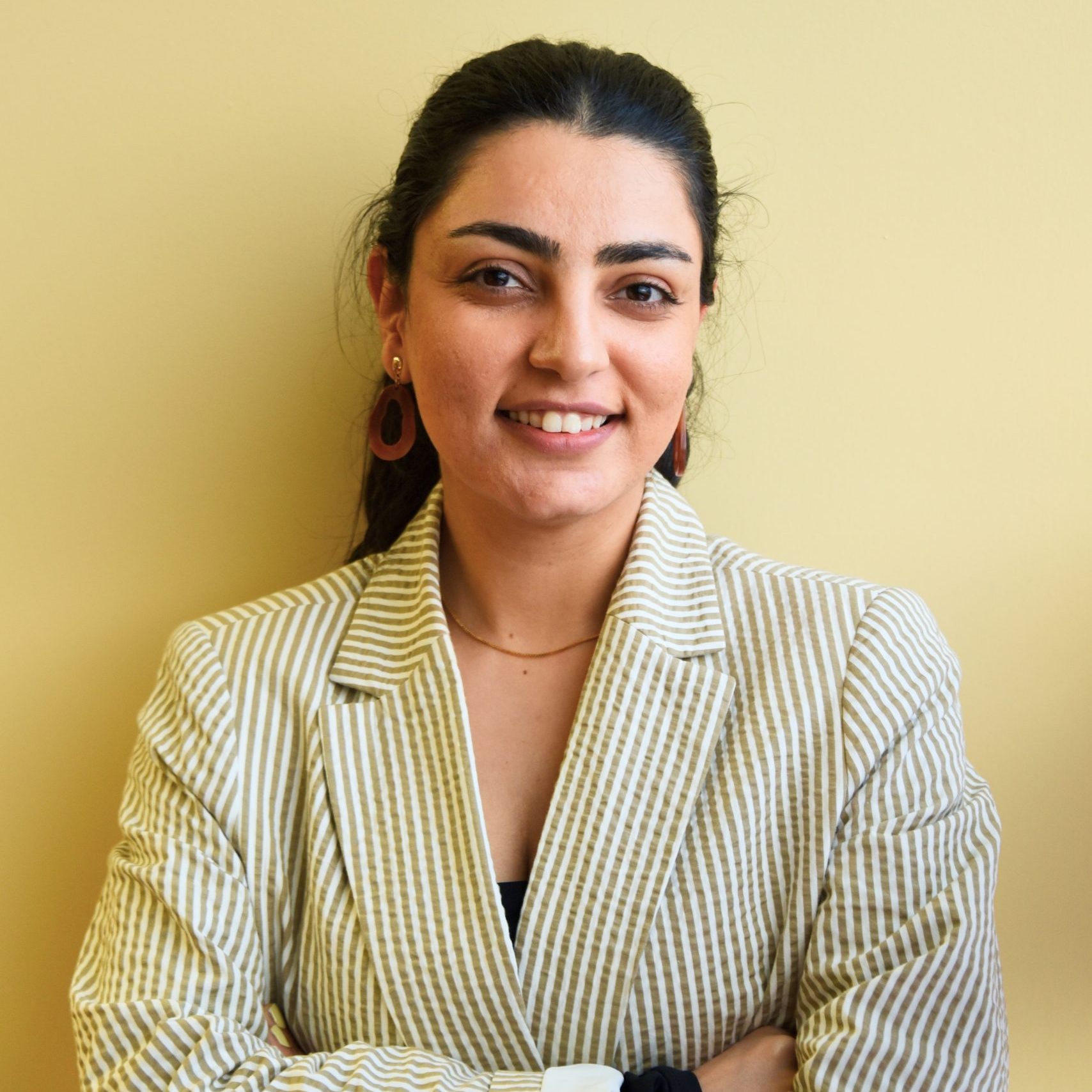 Athar Omidi
Athar Omidi
FluxLab, St. Francis Xavier University
Athar Omidi is a Research Associate at FluxLab specializing in landfill methane emissions. With a background in Computer Science and Applied Mathematics, she applies optimization, statistics, machine learning, Gaussian dispersion modeling, and triangulation to analyze and map emissions. Her work focuses on surface emission monitoring (SEM) and mobile surveys of landfills, with research contributions related to active face emissions, regulatory gaps, and source apportionment.
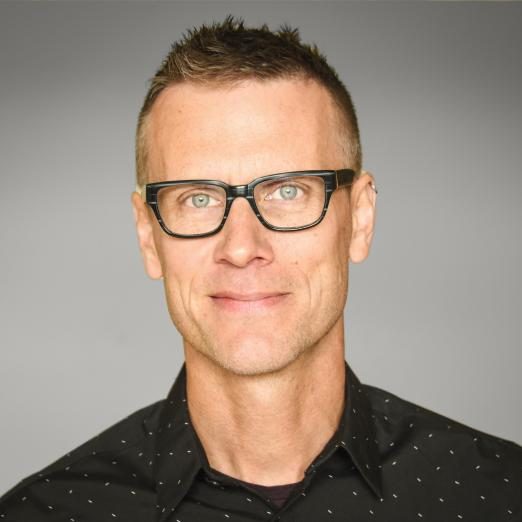 David Risk
David Risk
FluxLab, St. Francis Xavier University
Dr. Dave Risk is the Brian Mulroney Institute for Government Research Chair in Climate Science and Policy at St. Francis Xavier University (StFX). He is a specialist in gas emissions measurement and data processing techniques to quantify emissions in natural and industrial settings. Dr. Risk is a prominent figure in the field of environmental science, research, regulation, and policy. His research focuses on developing innovative sensing technologies to monitor greenhouse gases, track environmental changes, and to understand the impact of industrial activities. Dr. Risk is also involved in developing data analysis techniques and mathematical models to interpret the large datasets generated by his sensor networks and provide meaningful insights into environmental patterns and trends. He has been involved in numerous collaborative research projects, both nationally and internationally. He has collaborated with other researchers, government agencies, and organizations to address pressing environmental issues and advance the field of environmental monitoring.
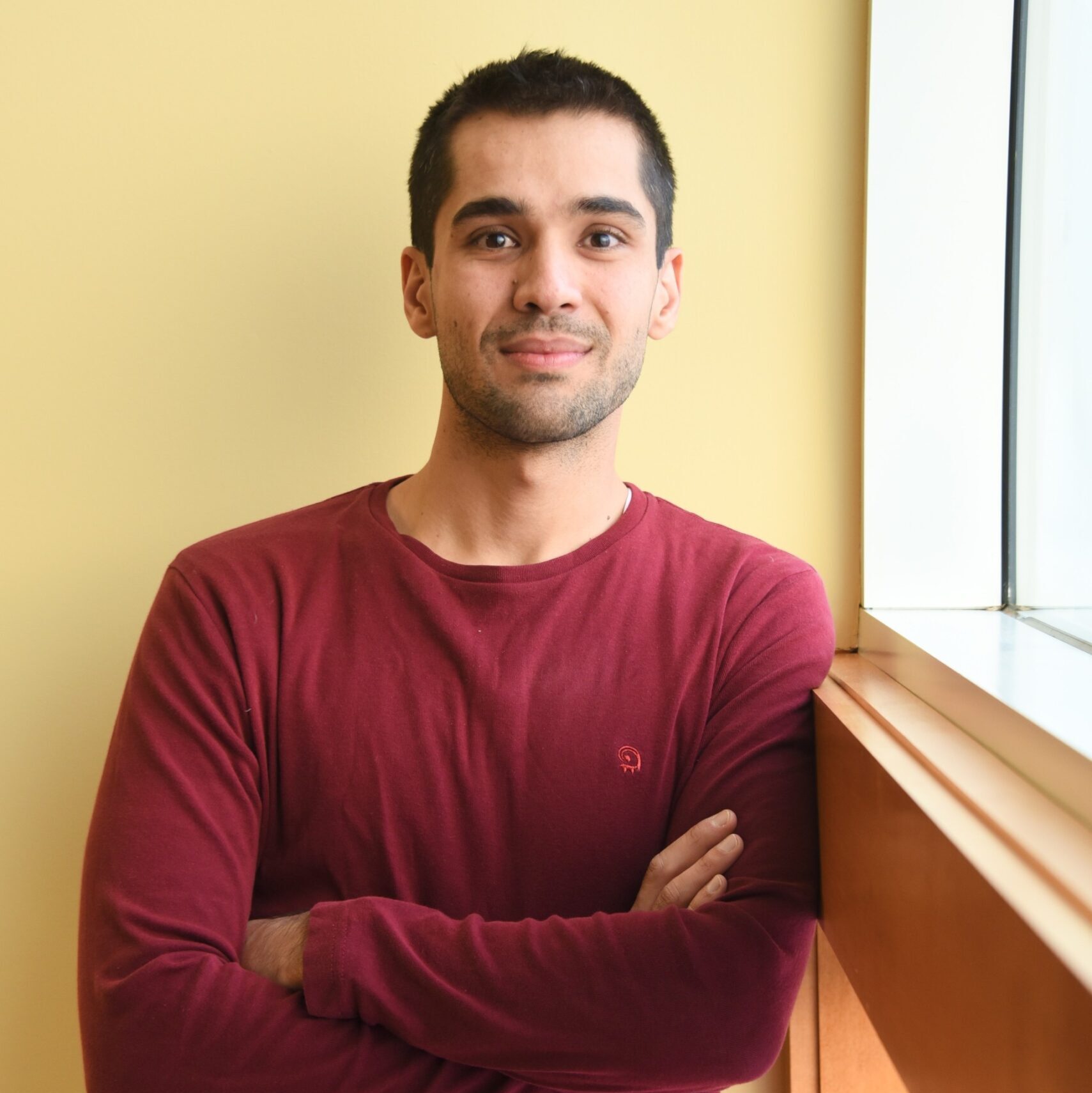 Mohammad Salehi
Mohammad Salehi
Fluxlab, Memorial University of Newfoundland
Mohammad Salehi is a PhD student in civil engineering at Memorial University of Newfoundland and a member of FluxLab. His research focuses on developing methane sensors, quantifying emissions and data analysis. He holds a Bachelor’s degree in Mechanical Engineering and a Master’s degree in Energy Systems Engineering. Before his PhD, he worked on renewable energy and energy efficiency projects.
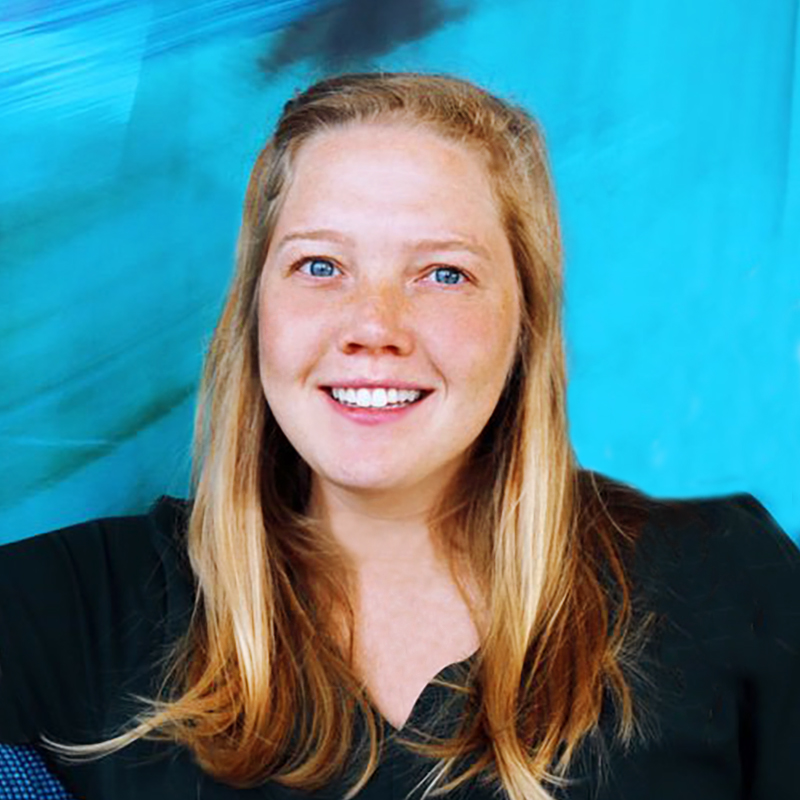 Caroline Saul
Caroline Saul
Environmental Research and Education Foundation
Dr. Caroline Saul works at the nexus of engineering and economics. She completed her doctorate at the Swiss Federal Institute of Aquatic Science and Technology, where she studied business innovation in sanitation services in low-income countries. She joined the Data Analysis group at the Environmental Research and Education Foundation in 2023 and focuses on climate change impacts, including organics management and landfill gas management.
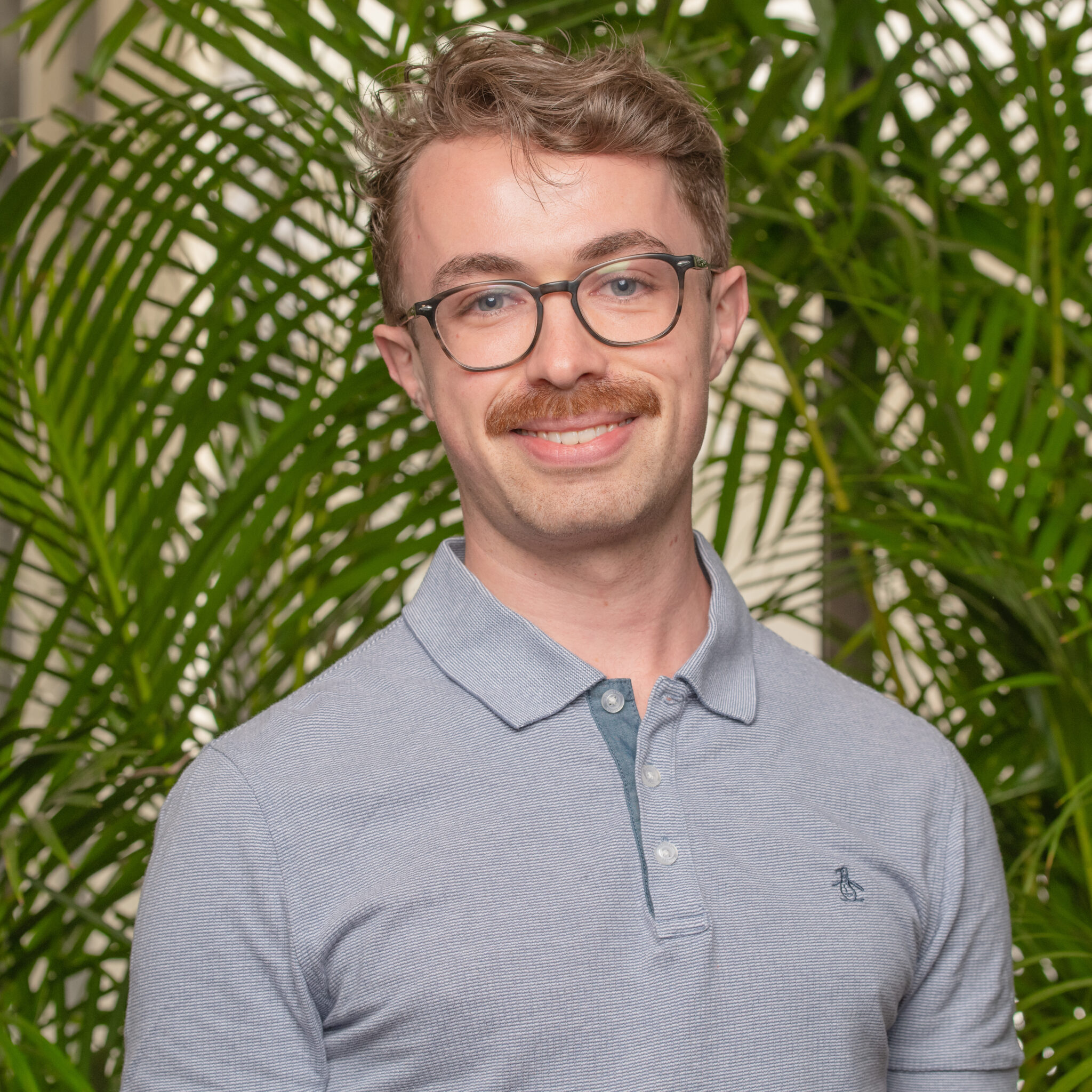 Scott Seymour
Scott Seymour
Environmental Defense Fund
Scott Seymour is a senior research analyst at the Environmental Defense Fund, where he leads methane and flare measurement projects, as well as inventory and policy analyses in Canada. He has over eight years of experience in the oil and gas methane space, including designing and deploying laser-based gas detection systems, coordinating field campaigns, and evaluating regulatory/industry datasets. His current work focuses on improving methane and flare quantification methods and supporting science-based methane policy.
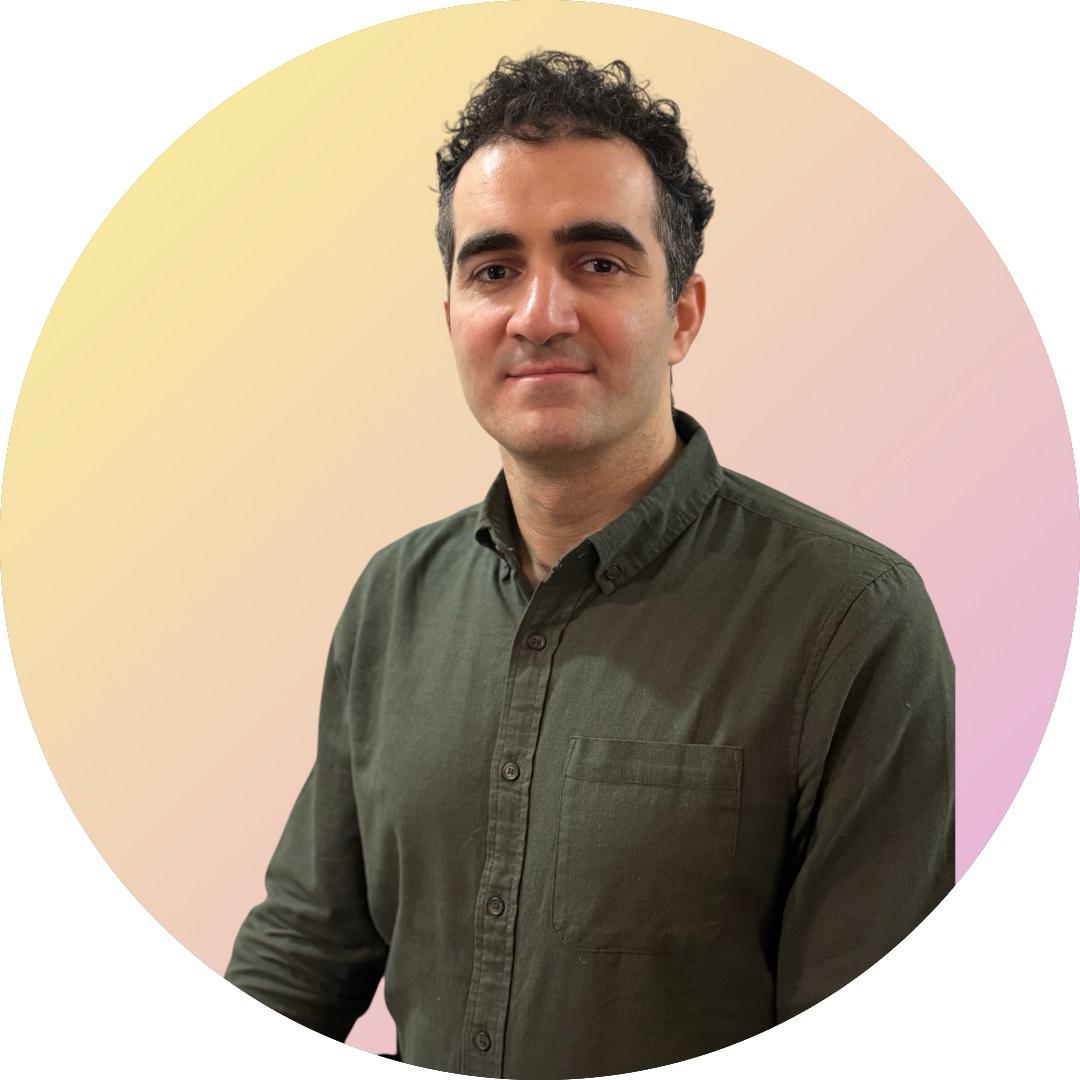 Sina Talebi
Sina Talebi
University of Waterloo
Dr. Sina Talebi is a Research Associate at the University of Waterloo’s Mechanical and Mechatronics Engineering Department and a member of the Waterloo Laboratory for Heat Transfer and Inverse Analysis (WatLIT). His work focuses on developing and applying airborne long-wavelength infrared hyperspectral imaging techniques for detecting and quantifying methane emissions. His research bridges experimental fieldwork with computational modeling, involving radiative transfer, atmospheric compensation, and machine learning algorithms such as convolutional neural networks for automated plume classification. Dr. Talebi-Moghaddam has been actively involved in national field campaigns, including aerial surveys over controlled methane release sites, where he helped design and implement data pipelines for large-scale plume detection and emission rate estimation. His interdisciplinary background integrates heat transfer, statistical inference, and optical modeling, enabling robust approaches to methane monitoring that inform regulatory frameworks and mitigation strategies. Beyond research, he contributes to education by teaching mathematics and data science courses and is passionate about making environmental data analysis more accessible through computational tools and open science.
 Nazia Tabassum
Nazia Tabassum
University of Waterloo
Nazia Tabassum is a PhD candidate in Geography (Water) at the University of Waterloo, working under the supervision of Dr. Maria Strack. Her research focuses on carbon cycling and greenhouse gas exchange dynamics in boreal peatlands, with a particular emphasis on methane (CH₄) fluxes. Within the Boreal Ecosystem Recovery and Assessment (BERA) project, she investigates how seismic disturbances from oil exploration and subsequent restoration efforts affect the carbon budget of peatlands. Her work highlights methane dynamics as a “wicked problem”—a challenge marked by ecological complexity, socio-political trade-offs, and the need for long-term, interdisciplinary solutions. Through her research, Nazia contributes to the science-policy-business interface by generating evidence to support sustainable restoration practices and climate-resilient land management. She is passionate about advancing actionable knowledge that engages not only academics but also industry and policymakers.
 Michael Thorpe
Michael Thorpe
Bridger Photonics Inc.
Dr. Mike Thorpe holds a PhD in laser physics from the University of Colorado, Boulder and specializes in laser remote sensing, molecular spectroscopy, and atmospheric gas detection. He joined Bridger Photonics in 2012 as a research scientist and became chief technology officer in 2014. In his time at Bridger, Dr. Thorpe has led the development of several LiDAR products including Gas Mapping LiDAR for aerial detection, localization, and quantification of methane emissions from the natural gas value chain.
 Emma Tomalty
Emma Tomalty
Agriculture and Agri-Foods Canada
Emma Tomalty is a master’s student working at the Agro-Ecosystem Resilience, Ottawa Research and Development Centre, Science and Technology Branch of Agriculture and Agri-Food Canada. She completed her undergraduate degree in biology and is pursuing a Master of Environmental Engineering degree at the University of Ottawa.
 Mu-An Tsai
Mu-An Tsai
University of Waterloo
Mu-An Tsai is a Ph.D. student studying Mechanical and Mechatronics Engineering at the University of Waterloo, Canada. His research focuses on applying a ground-based hyperspectral camera along with other remote sensing techniques to visualize and quantify methane in the environment.
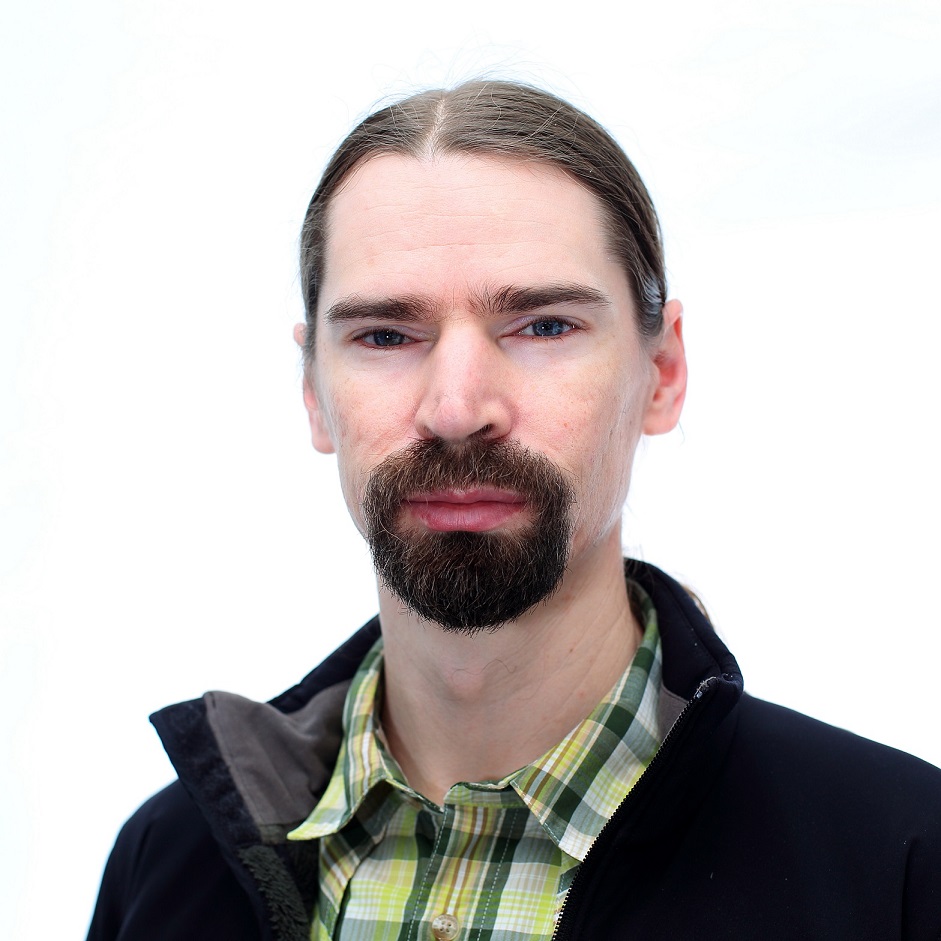 David Tyner
David Tyner
Energy & Emissions Research Lab., Carleton University
Dr. David R. Tyner is a Senior Research Associate in the Energy and Emissions Research Laboratory (EERL) at Carleton University with over a decade of experience working to quantify and provide insight into methane emissions from upstream oil and gas production in Western Canada. Before joining EERL, Dr. Tyner completed a Ph.D. in Mathematics and Engineering at Queen’s University in Kingston Ontario in 2007. As part of EERL, Dr. Tyner’s research, in collaboration with governmental and industry partners, has been focused on understanding methane emissions at the source-level. This research has contributed to numerous peer-reviewed journal articles on economic methane mitigation, methane regulatory equivalency, development of laser-based measurement tools for liquid storage tanks and venting sources, and more recently measurement-based provincial methane inventories using large scale aerial surveys.
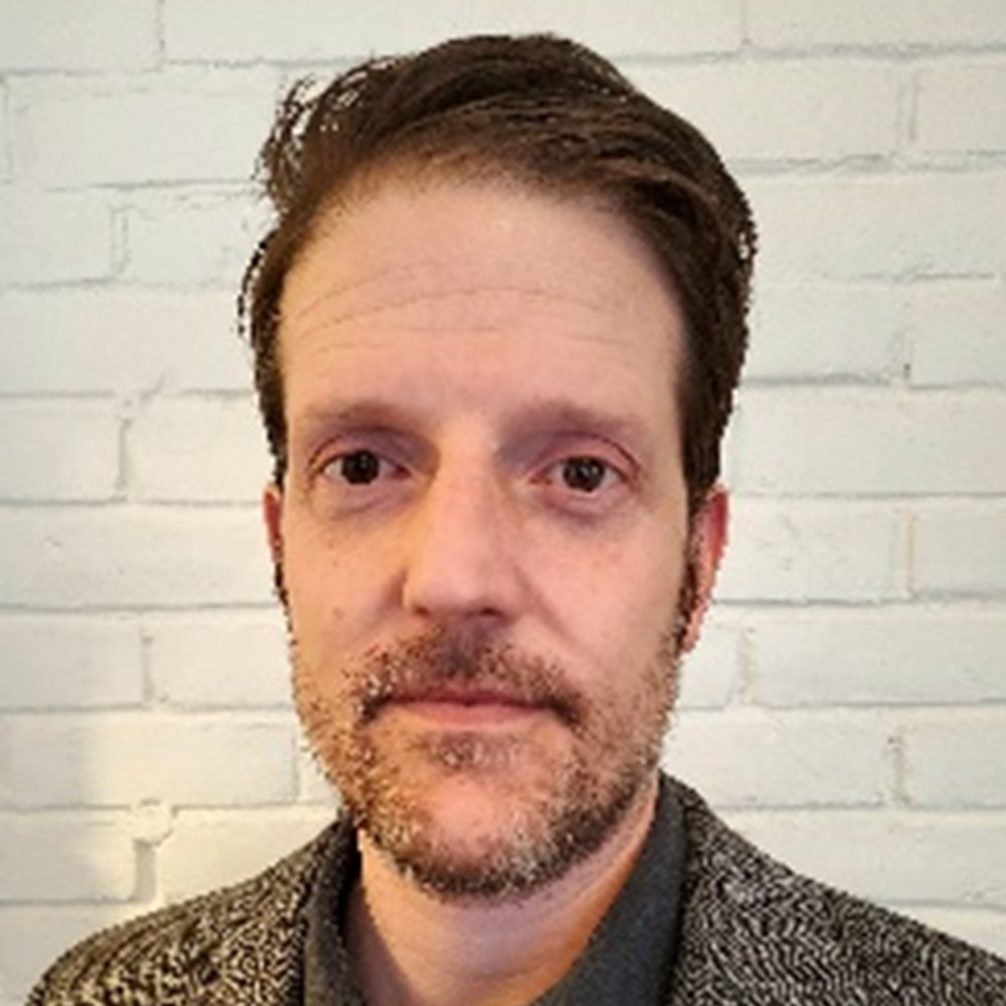 Andrew VanderZaag
Andrew VanderZaag
Agriculture and Agri-Food Canada
Dr. Andrew VanderZaag is a research scientist at the Agro-Ecosystem Resilience, Ottawa Research and Development Centre, Science and Technology Branch of the Agriculture and Agri-Food Canada. He completed his undergraduate degree in Environmental Sciences at the University of Guelph and his PhD at Dalhousie University in Biological Engineering. Since 2011 he has worked as a Research Scientist with Agriculture and Agri-Food Canada at the Experimental Farm in Ottawa. His research focuses on greenhouse gas emissions measurement and mitigation in livestock production systems, which has involved on-farm research of methane emissions at farms across Canada.
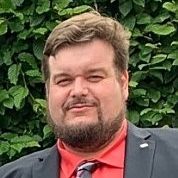 Felix Vogel
Felix Vogel
Environment and Climate Change Canada
Dr. Felix Vogel is a research scientist with the Climate Research Division and leads the subnational greenhouse gas monitoring team. His work focusses on estimating greenhouse gas emissions from provincial to facility scale using atmospheric observations and atmospheric modelling. In recent years, he and his team focused on quantifying methane emissions in Canada using mobile platforms and continuous monitoring stations quantifying emissions from AB+SK, Toronto, Montreal, as well as dozens of facilities like landfills. He is an adjunct professor at the University of Toronto (Department of Physics) and is the co-chair of the World Meteorological Organization’s Integrated Global Greenhouse Gas Information System.
 Shona Wilde
Shona Wilde
Energy & Emissions Research Lab., Carleton University
Dr. Shona Wilde is a Postdoctoral Researcher at the Energy and Emissions Research Laboratory (EERL). Following her PhD in the UK, which focused on quantifying emissions of methane (CH₄) and volatile organic compounds (VOCs) from offshore oil and gas installations, her current work at EERL focuses on developing measurement-based protocols to derive verified emission intensities within the context of reporting frameworks such as OGMP 2.0.
 Jin-Ya Wang
Jin-Ya Wang
University of Calgary
Jin-Ya Wang has been pursuing a Master’s degree at the Geo Sensor Web Lab at the University of Calgary since September 2023, with a background in Geomatics Engineering. Her technical expertise includes GIS analysis, spatial databases, and geosimulation tools. Her research focuses on the development of agent-based modeling architectures for simulating Leak Detection and Repair (LDAR) programs.
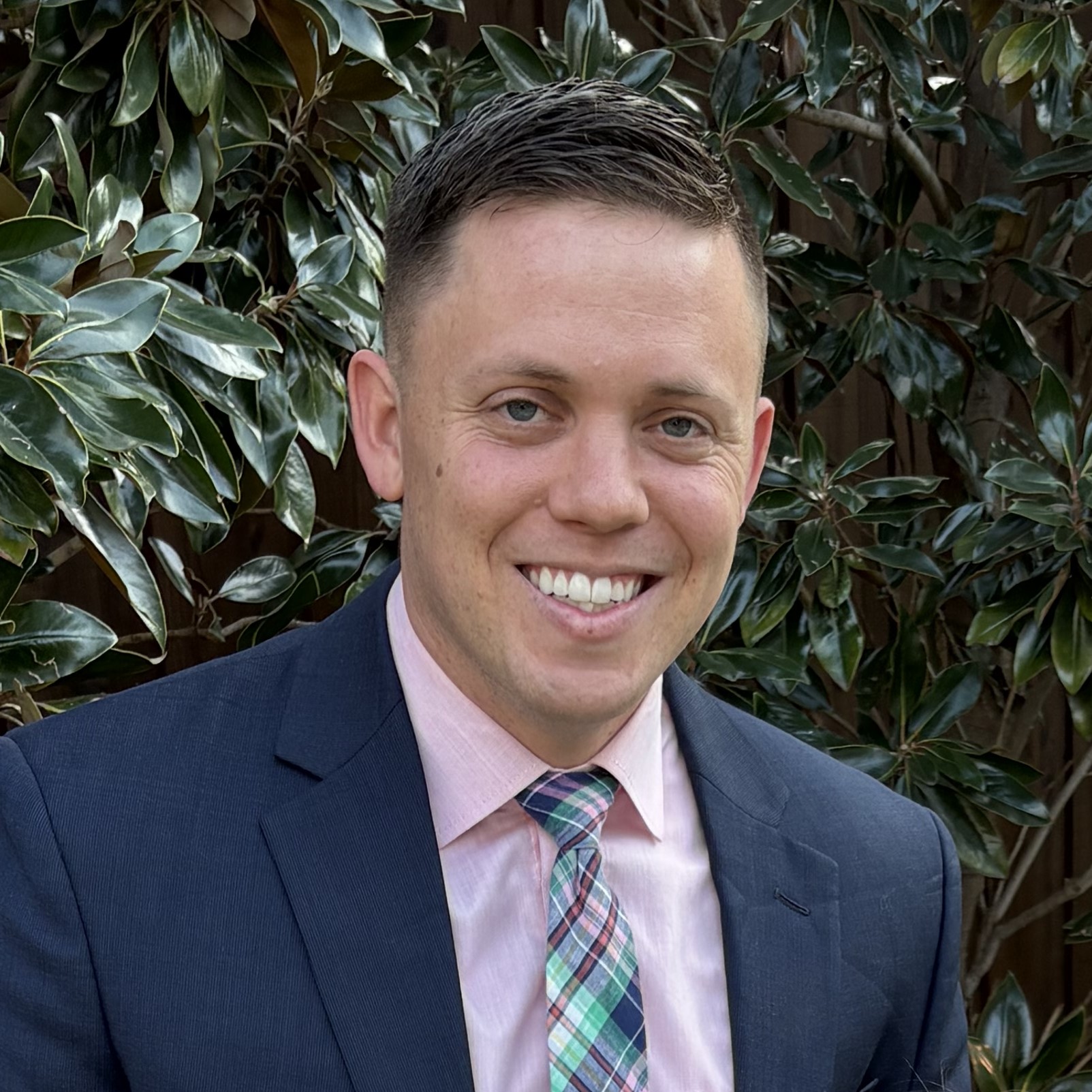 Trevor Webber
Trevor Webber
Southern Methodist University
Trevor Webber is a Ph.D. student in Civil & Environmental Engineering at Southern Methodist University (Dallas, Texas) advised by Kr. Kathleen Smits (SMU). He is also a registered Professional Engineer in the state of Oregon. He has completed his M.S. in Civil Engineering at the University of Louisville and his M.S. in Operations Research at Ohio State University. His doctoral research is focused on methane emissions quantification in the natural gas sector.
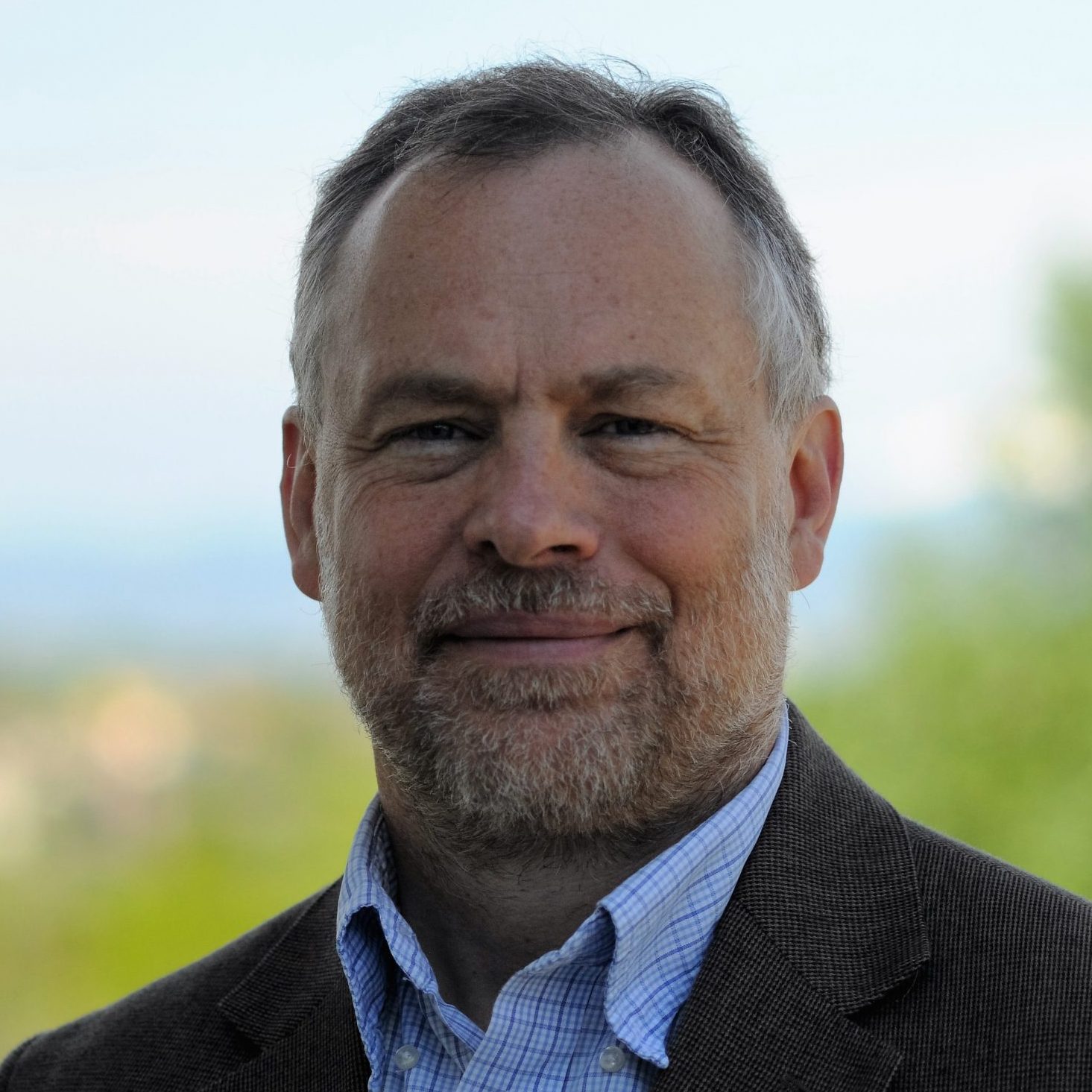 Dan Zimmerle
Dan Zimmerle
Methane Emissions Program, Colorado State University
Dan Zimmerle is Director, Methane Emissions Program, CSU. Zimmerle was a principal investigator on multiple major studies of methane emissions from natural across gas supply chain, including upstream, midstream, and distribution systems at a nation and/or regional scale. Zimmerle leads the Methane Emissions Technology Evaluation Center (METEC), one of the largest and most active test facilities for natural gas leak detection solutions. METEC, which has tested nearly 100 solutions since 2017, recently received a 5-year, $25M, investment by the US Department of Energy to extend and diversify the testing program. The METEC group at CSU also develops emissions modeling software in partnership with the Energy Emissions Modeling and Data Laboratory. Zimmerle has been a lead or co-author on over 50 peer-reviewed publications about methane emissions.
